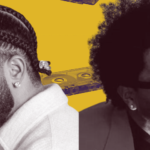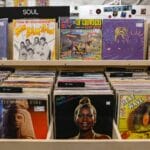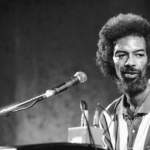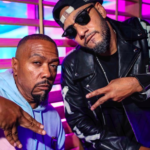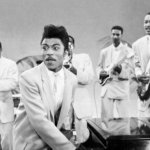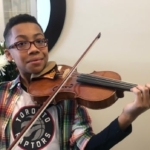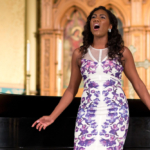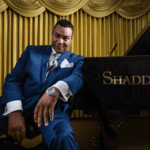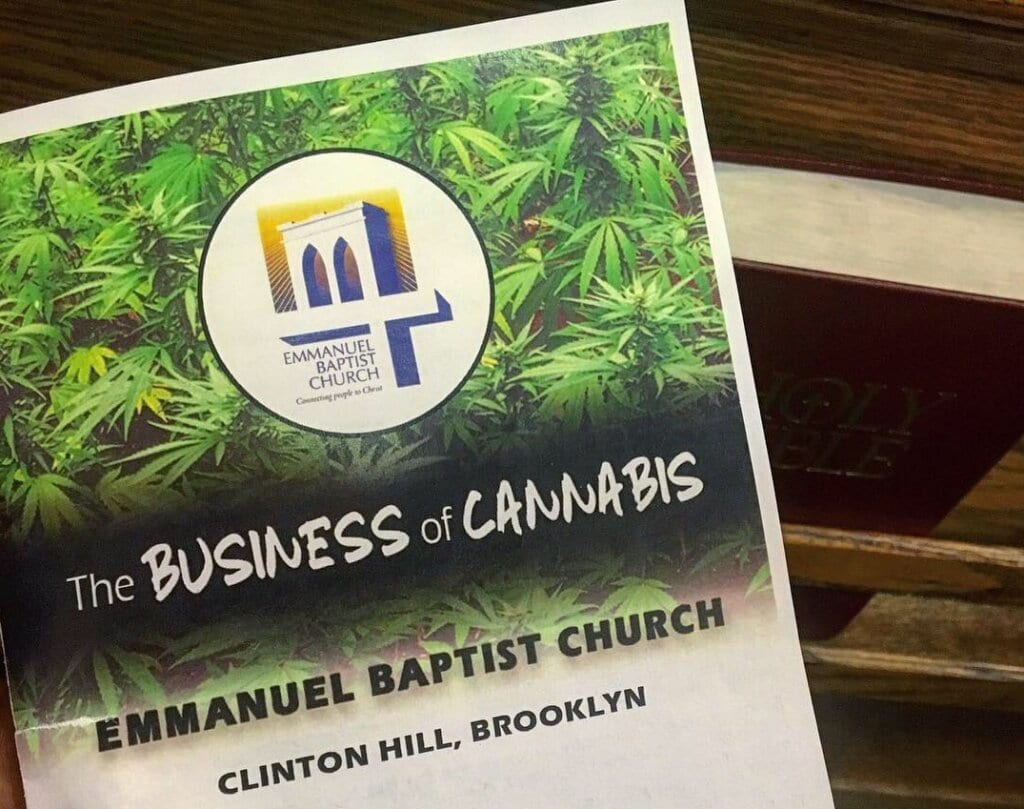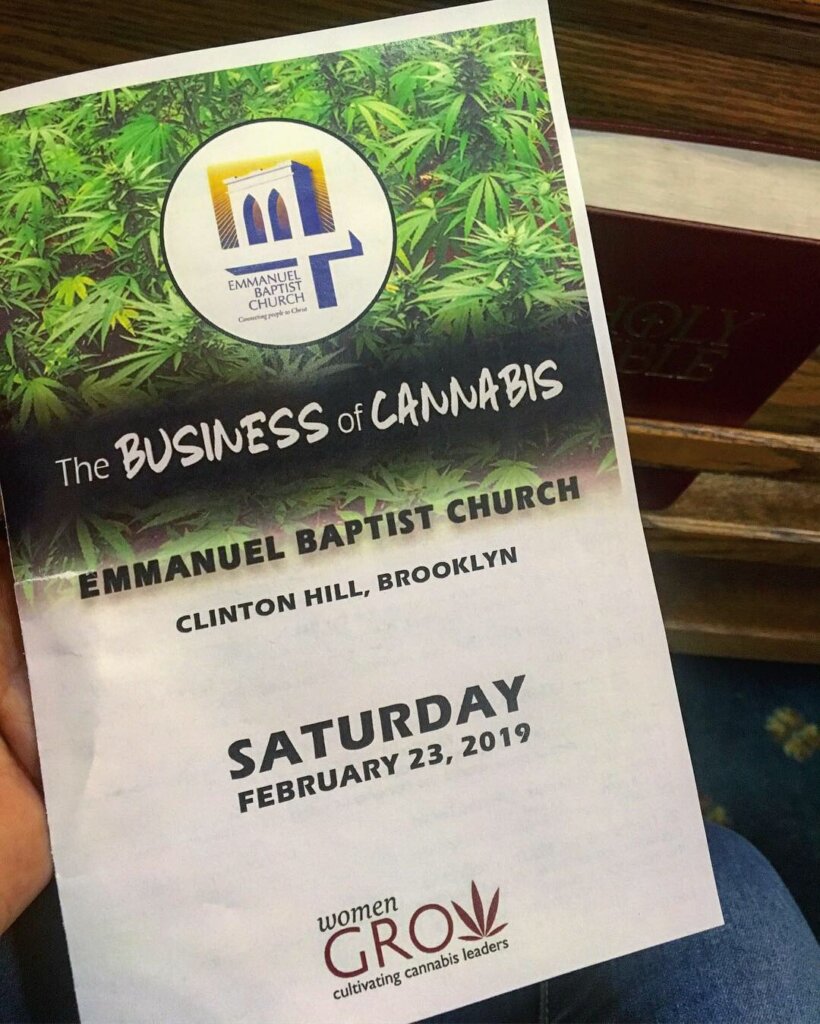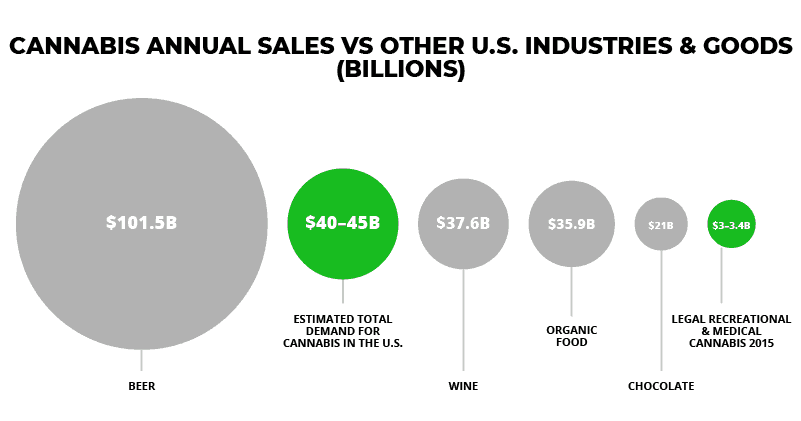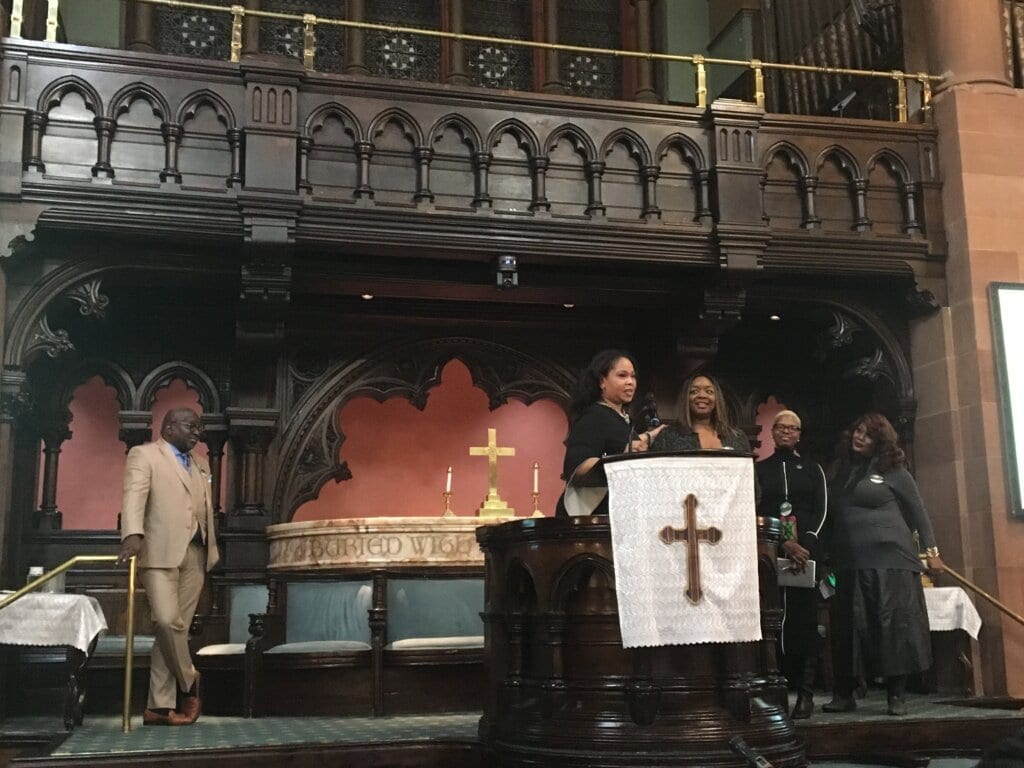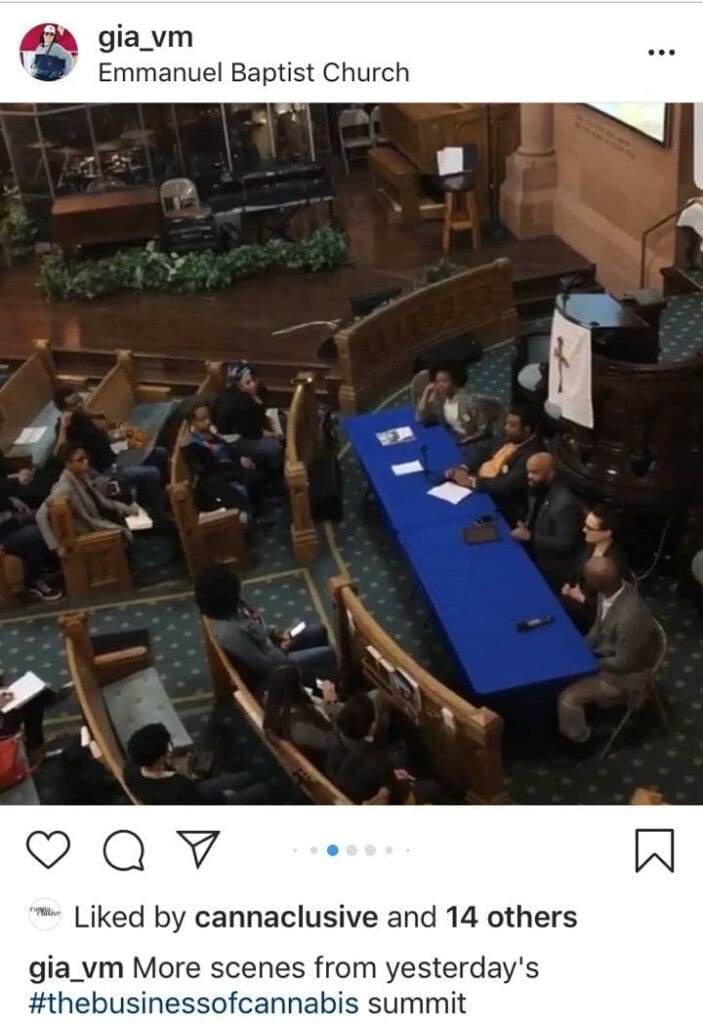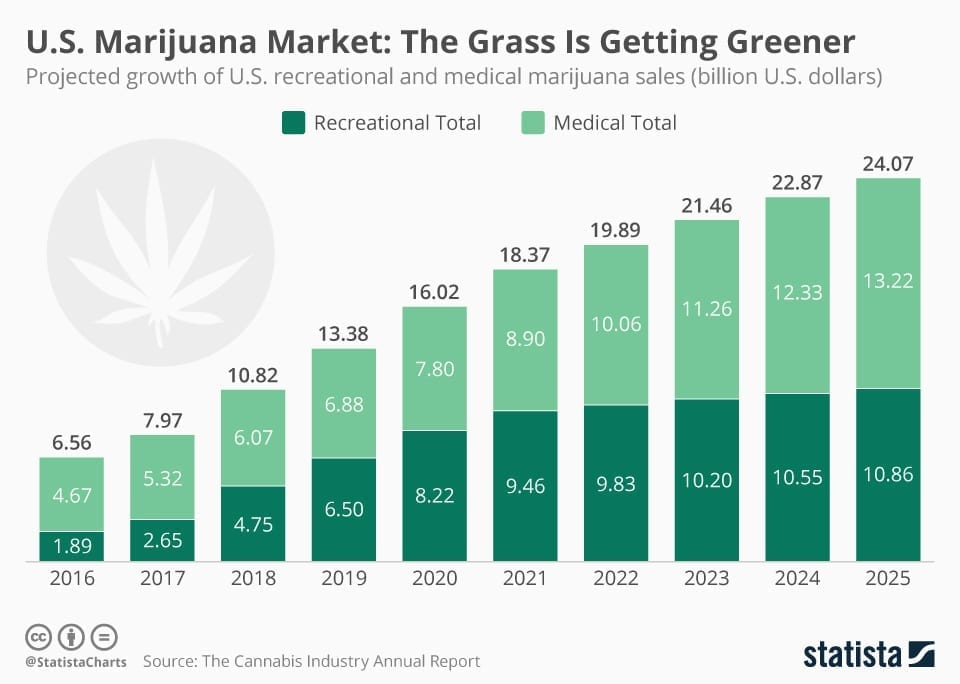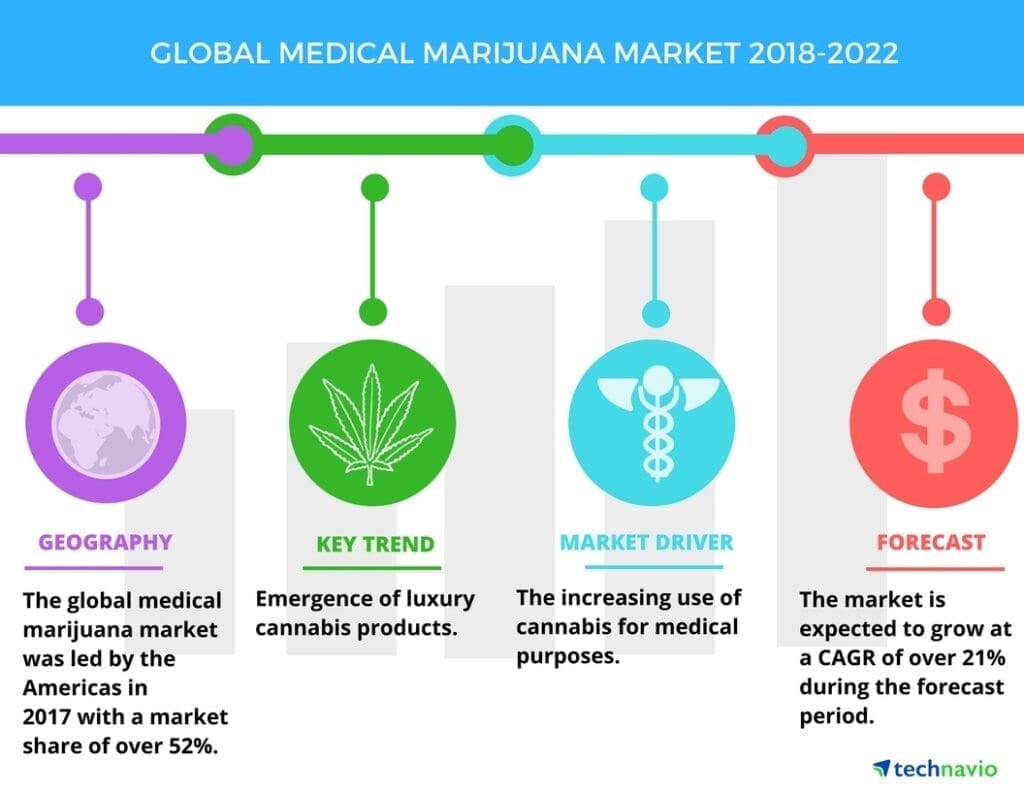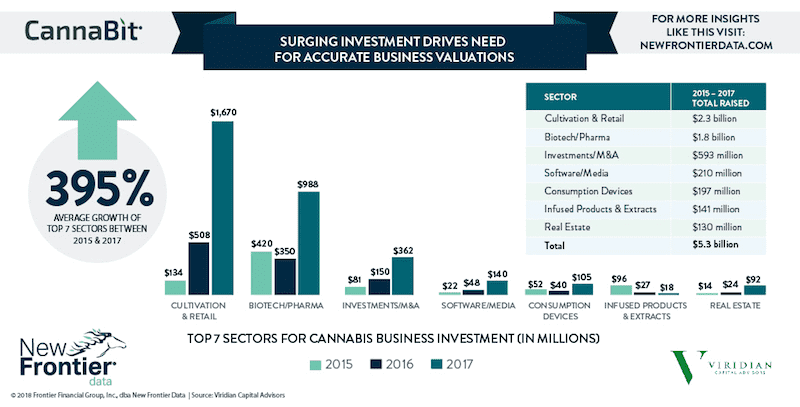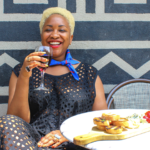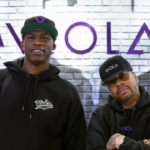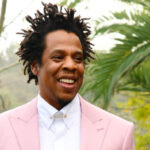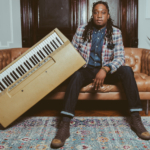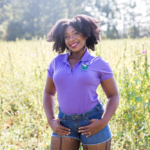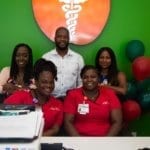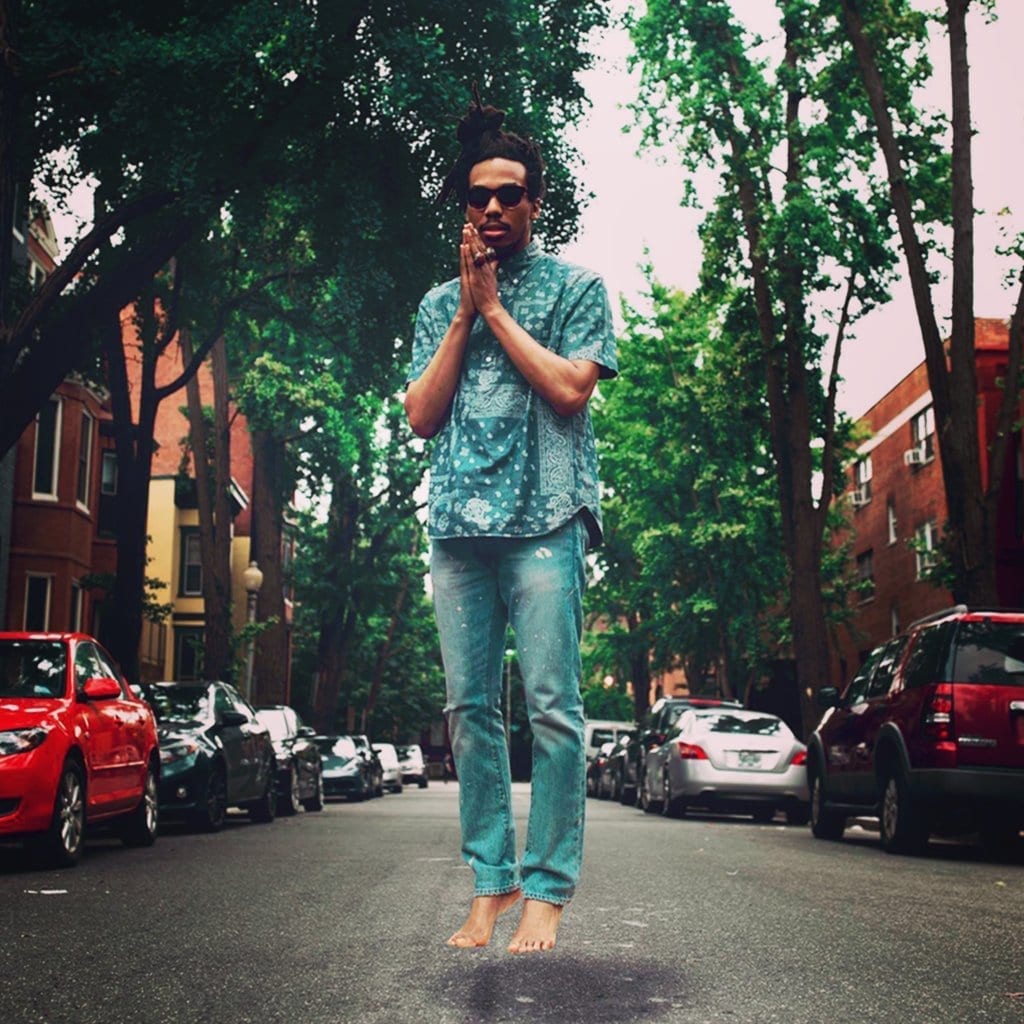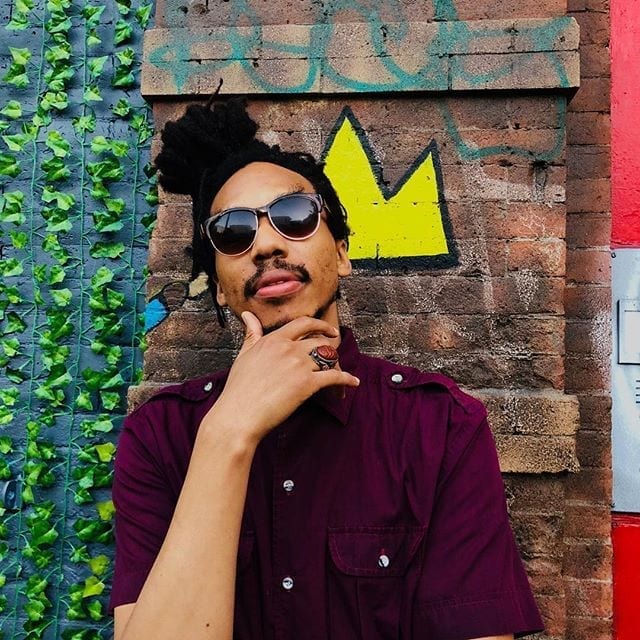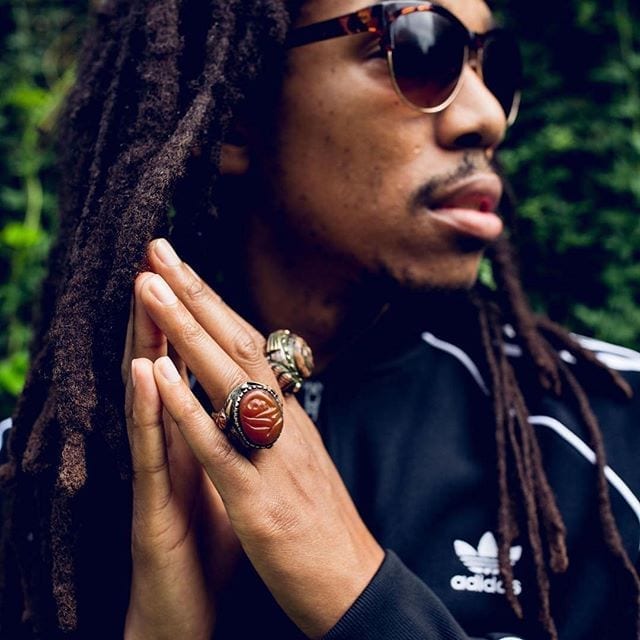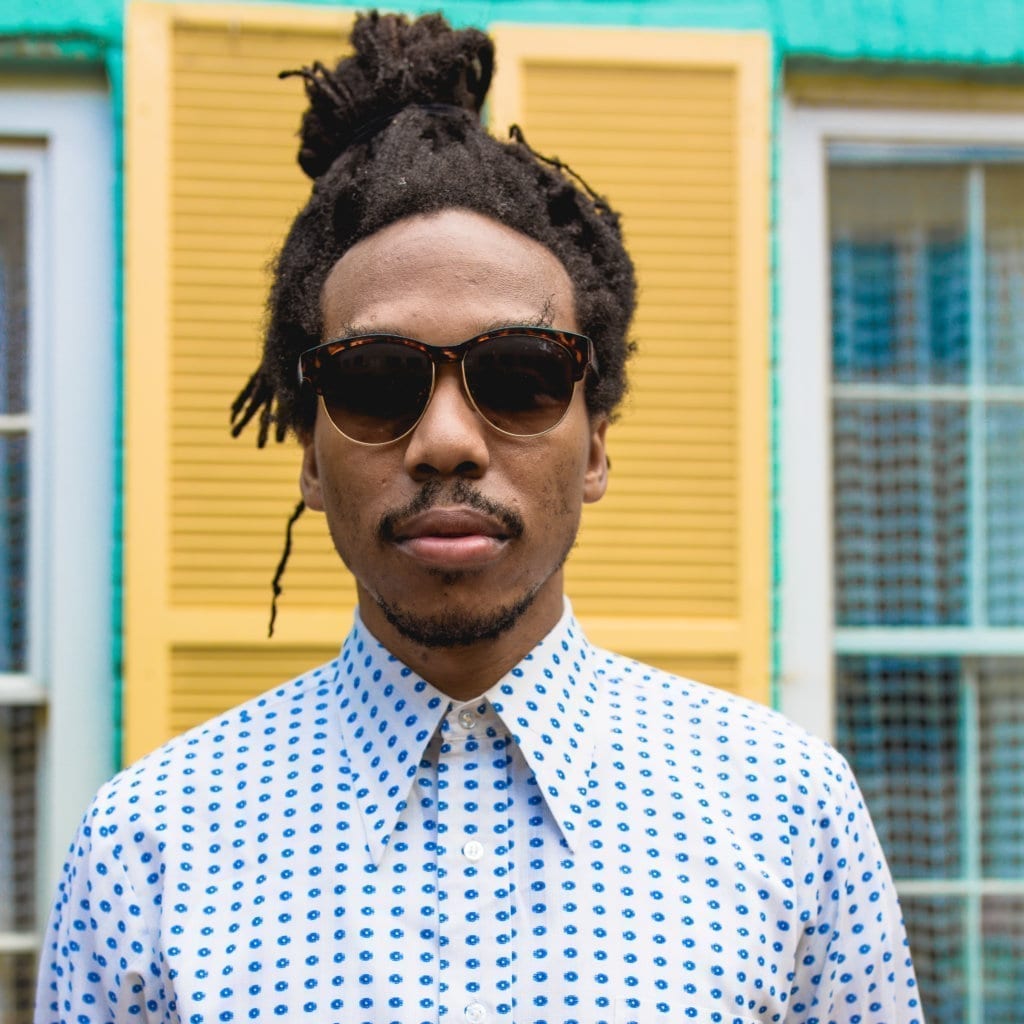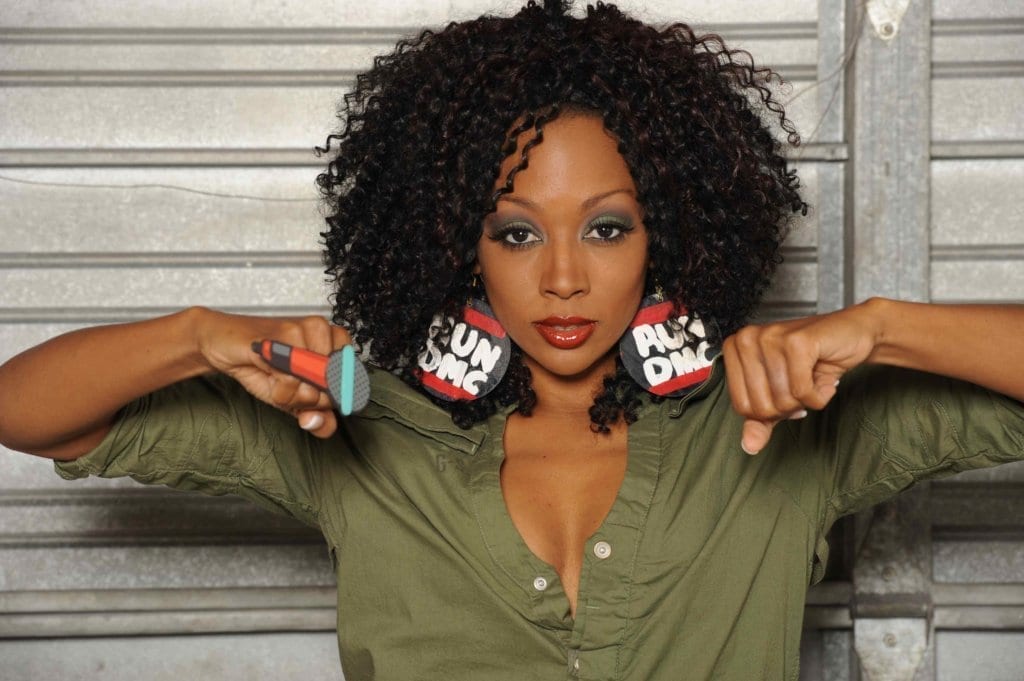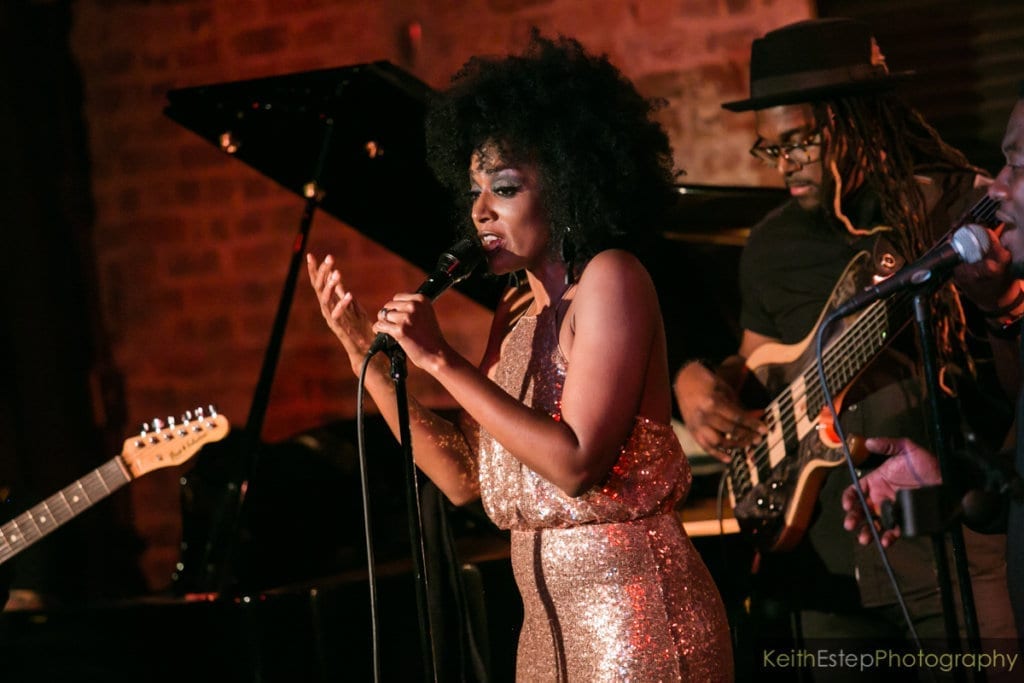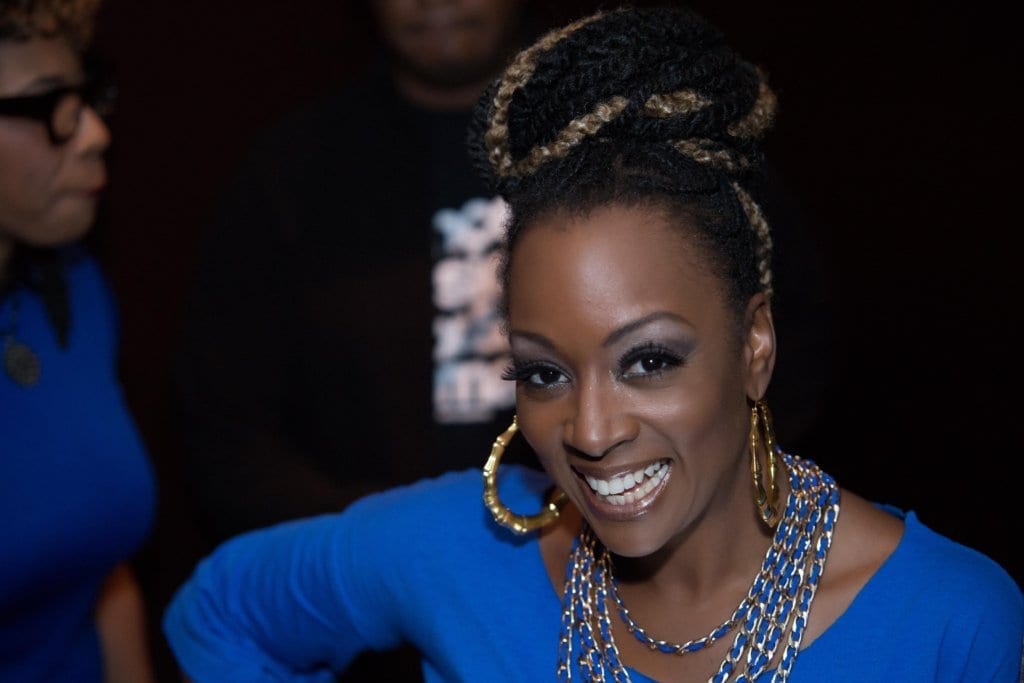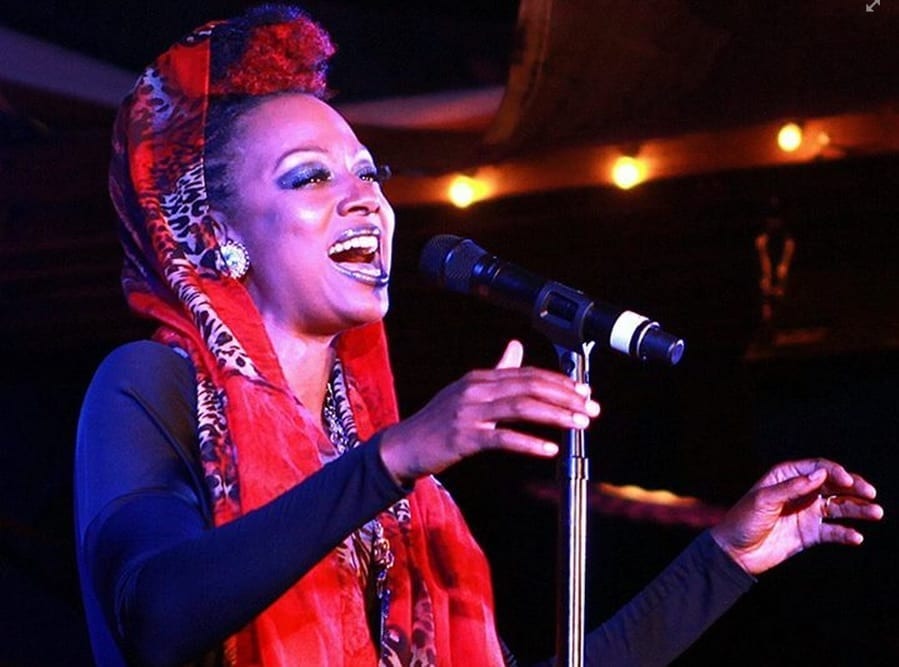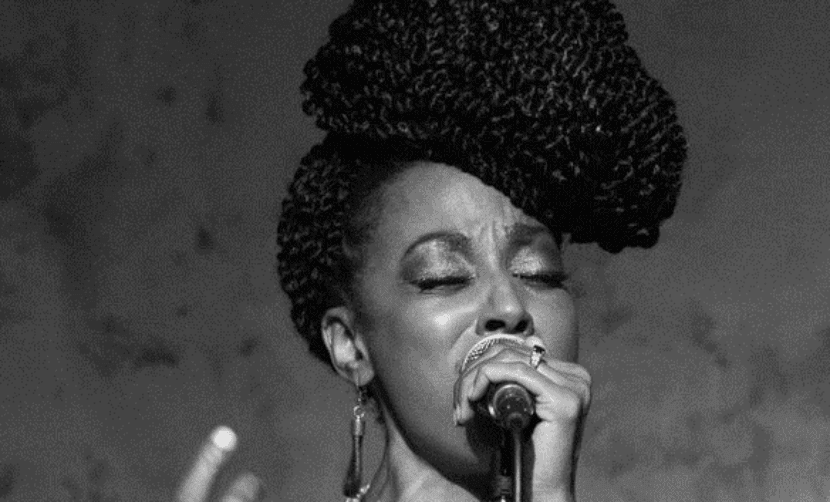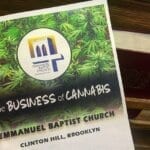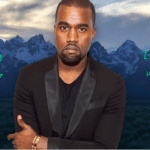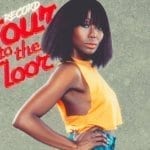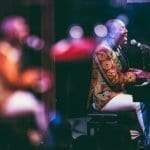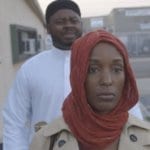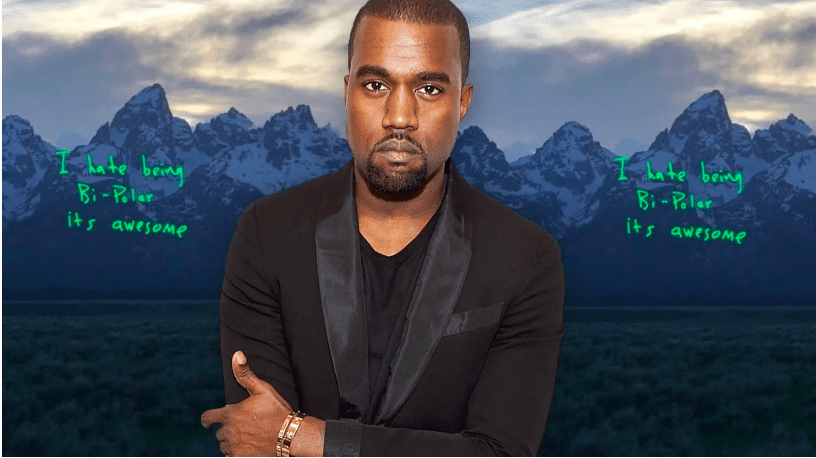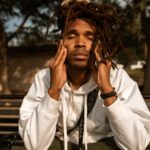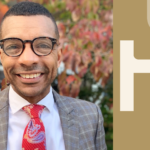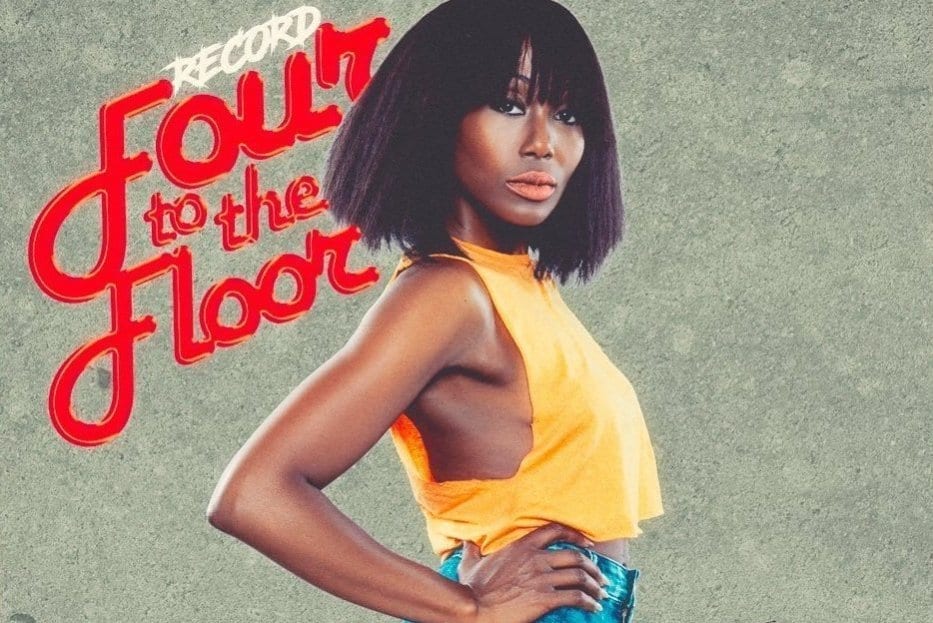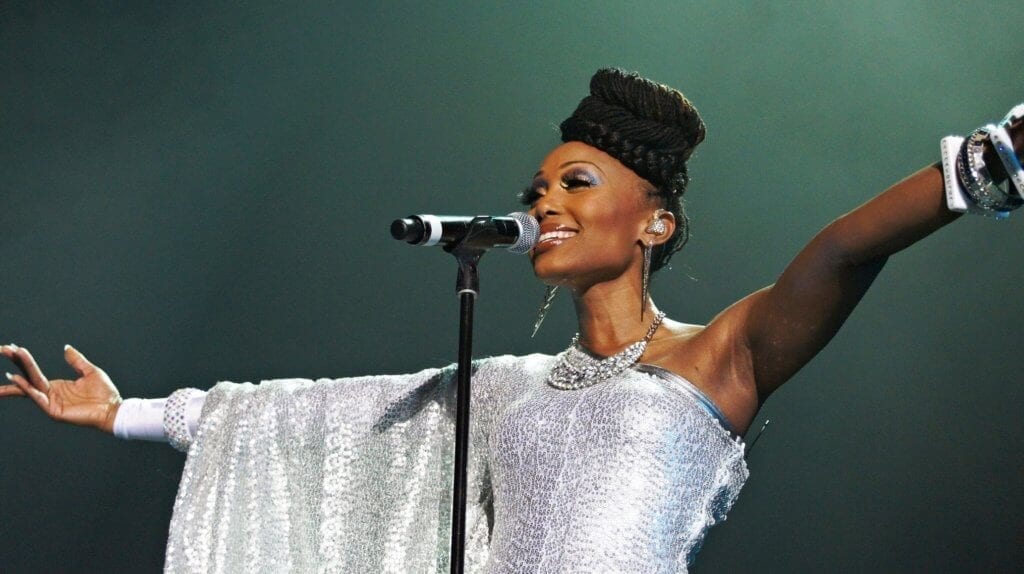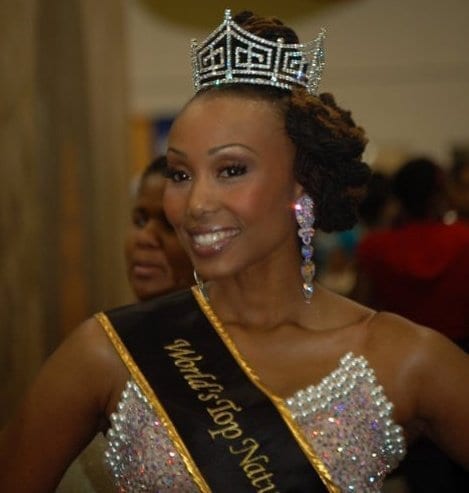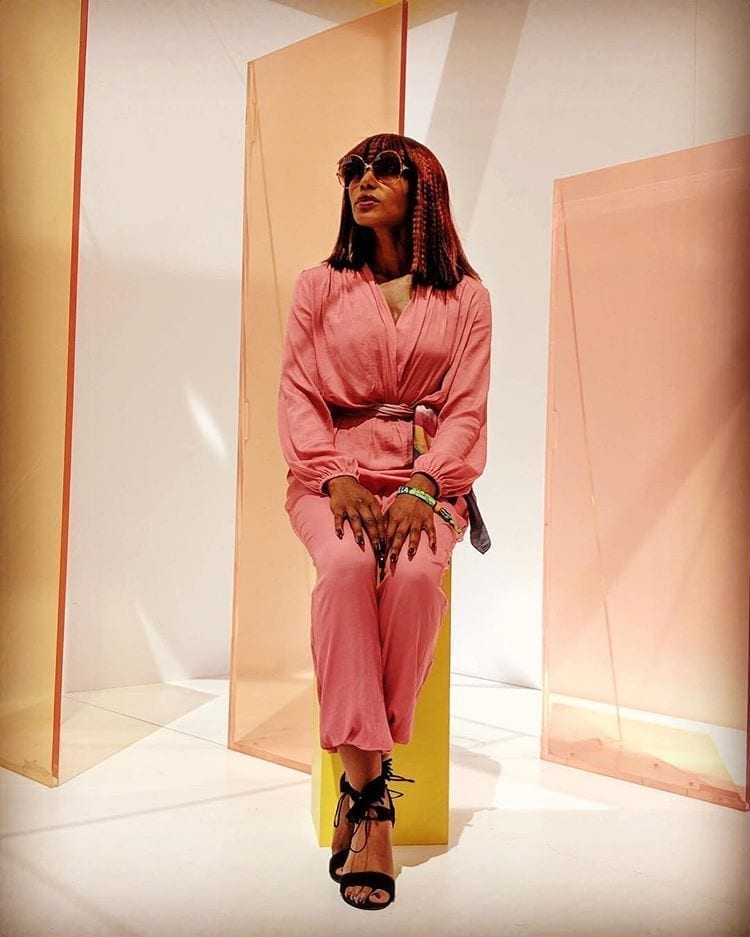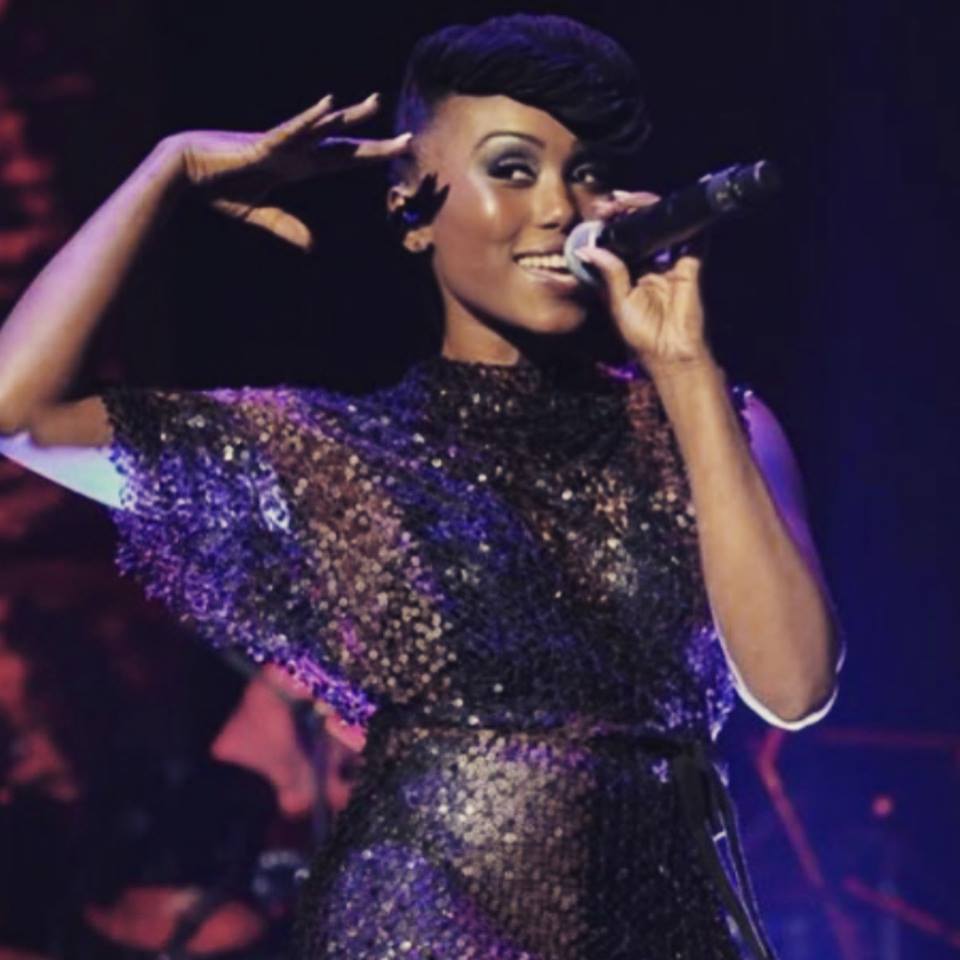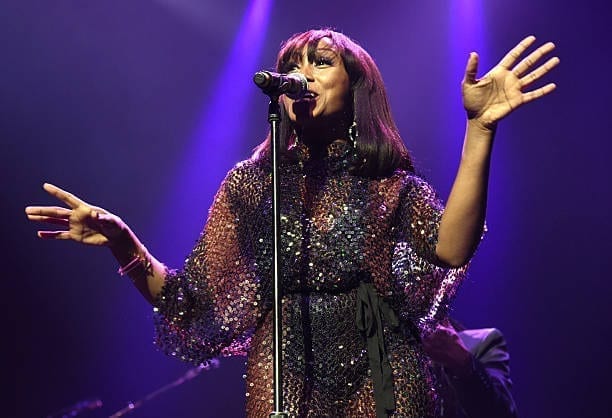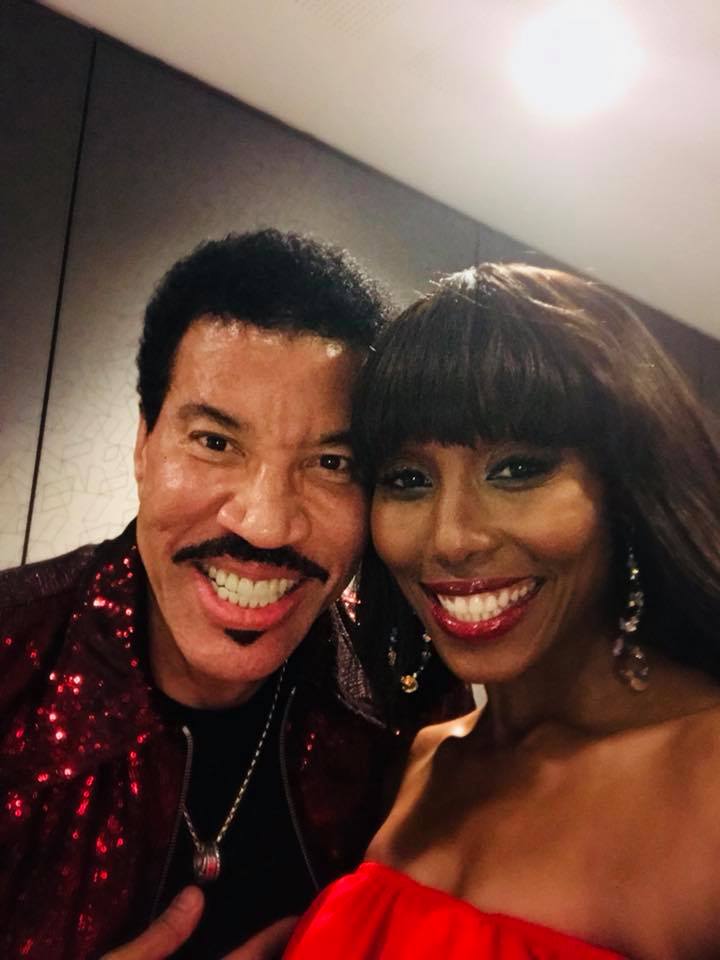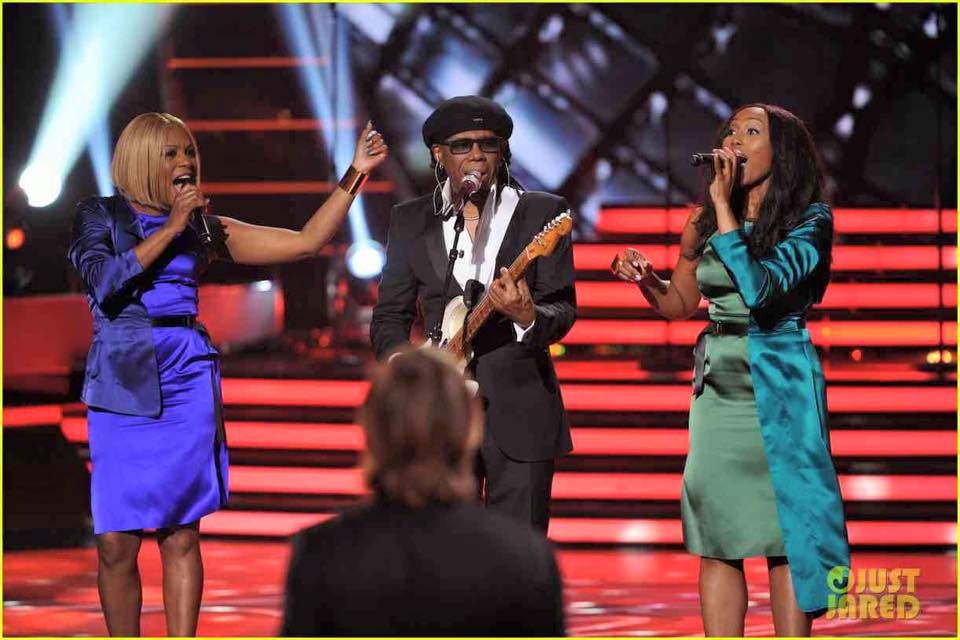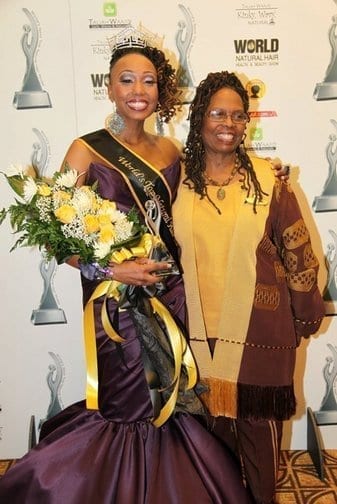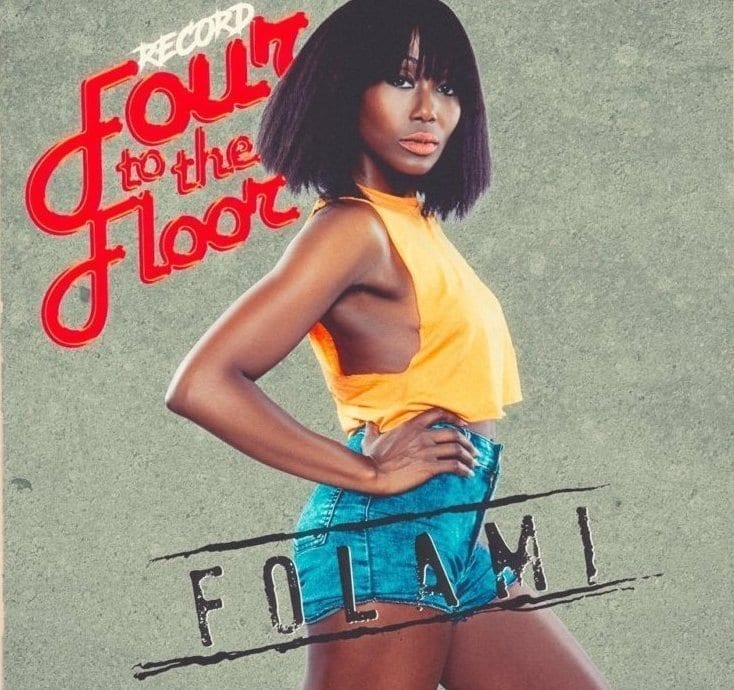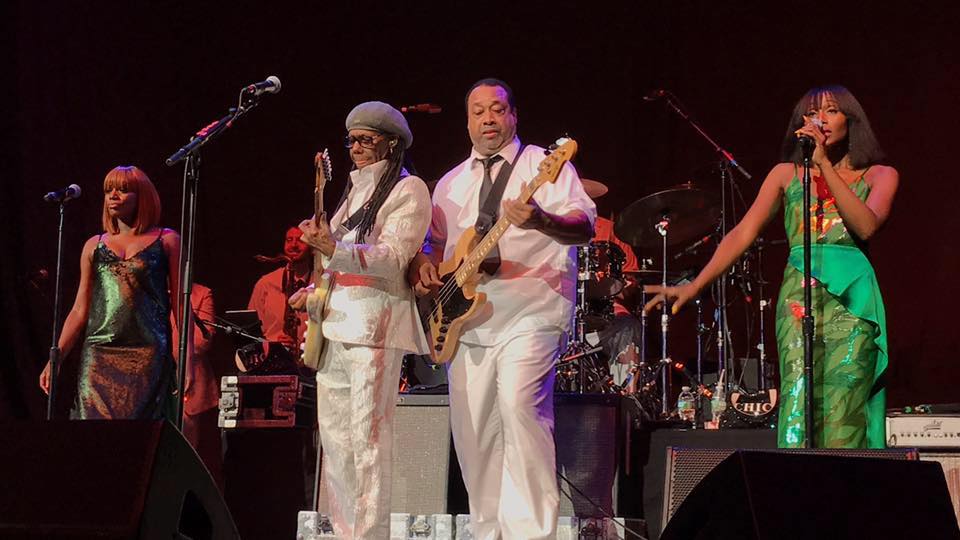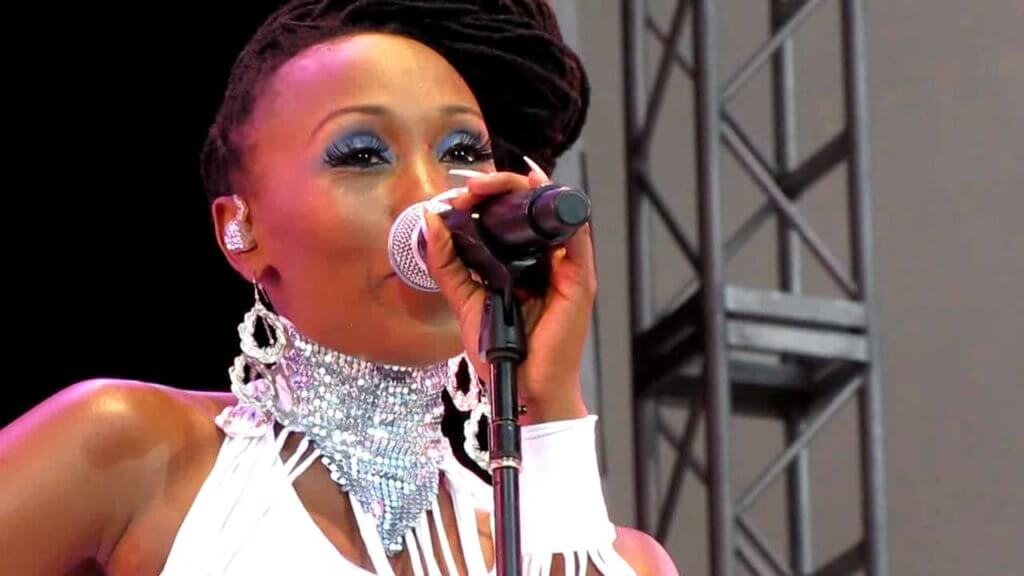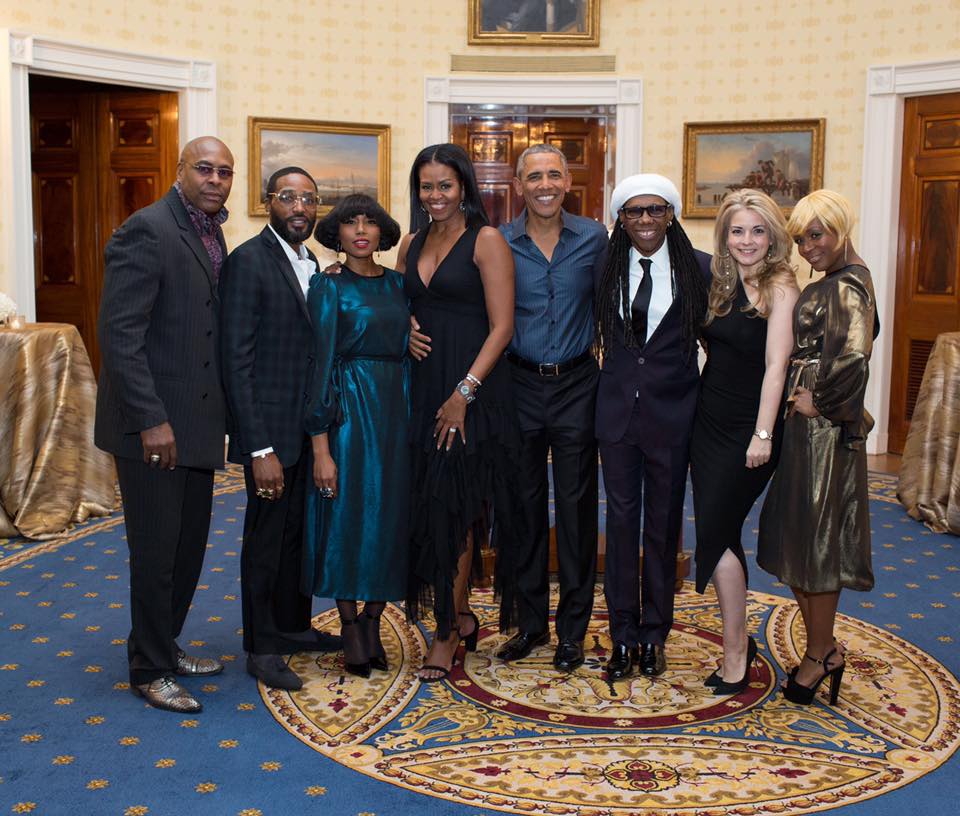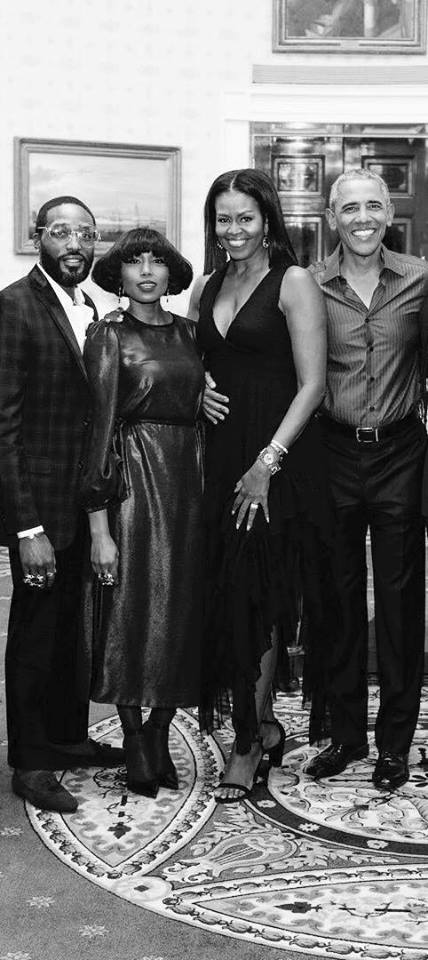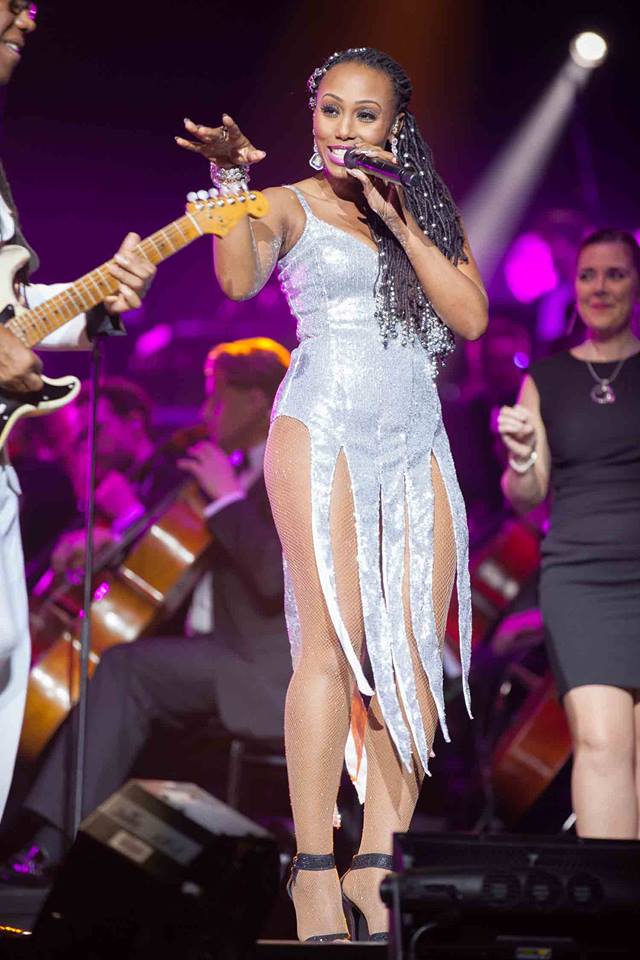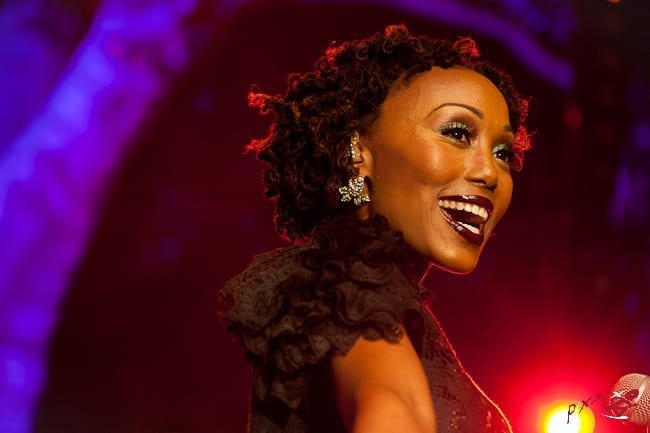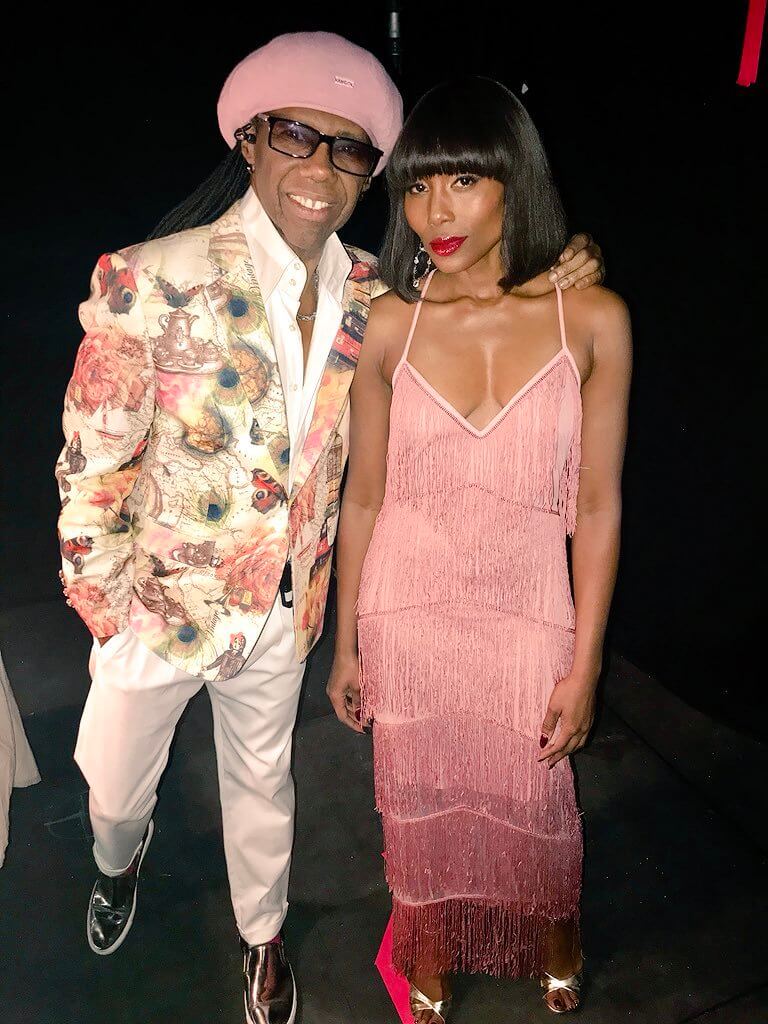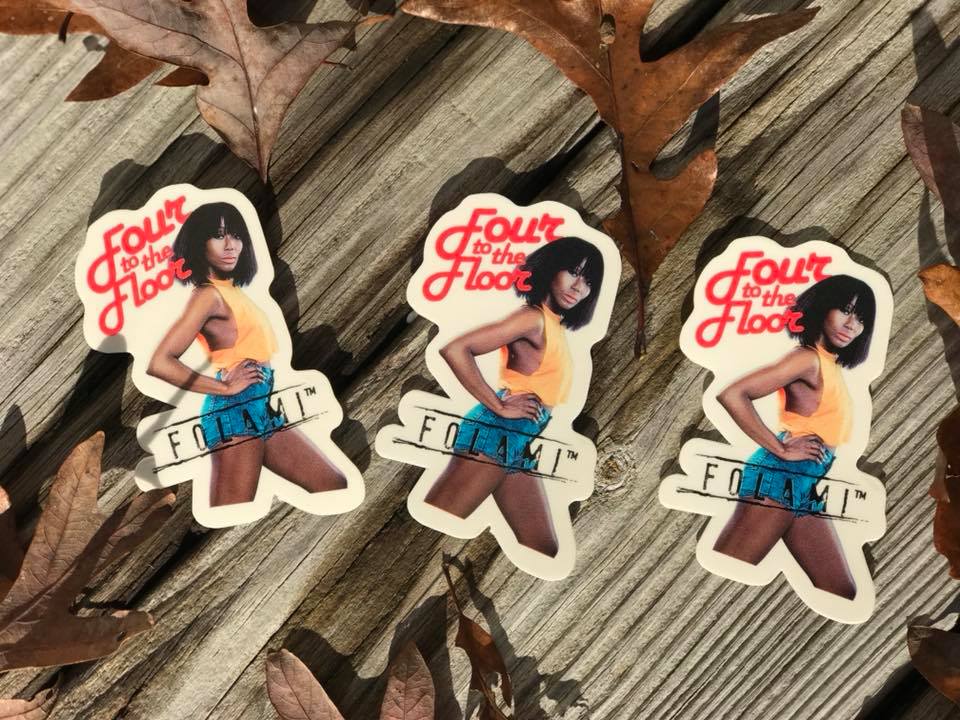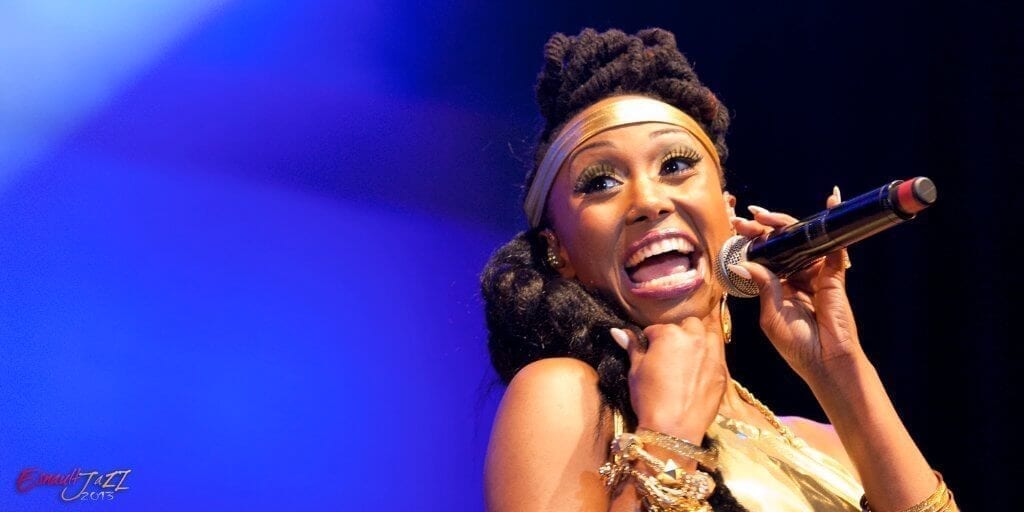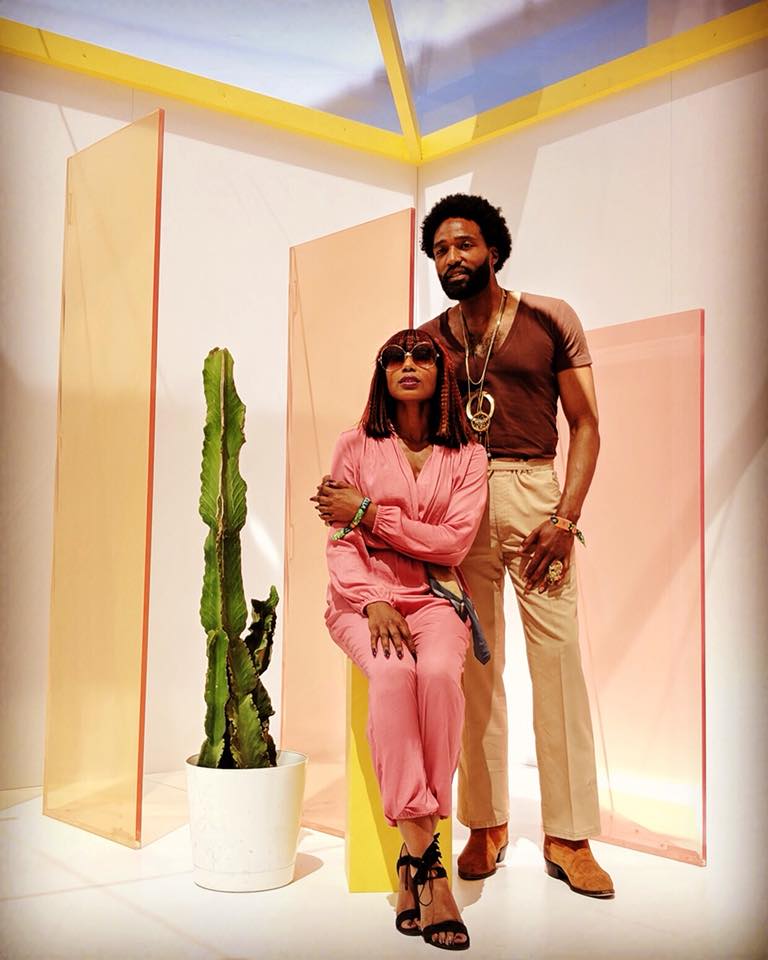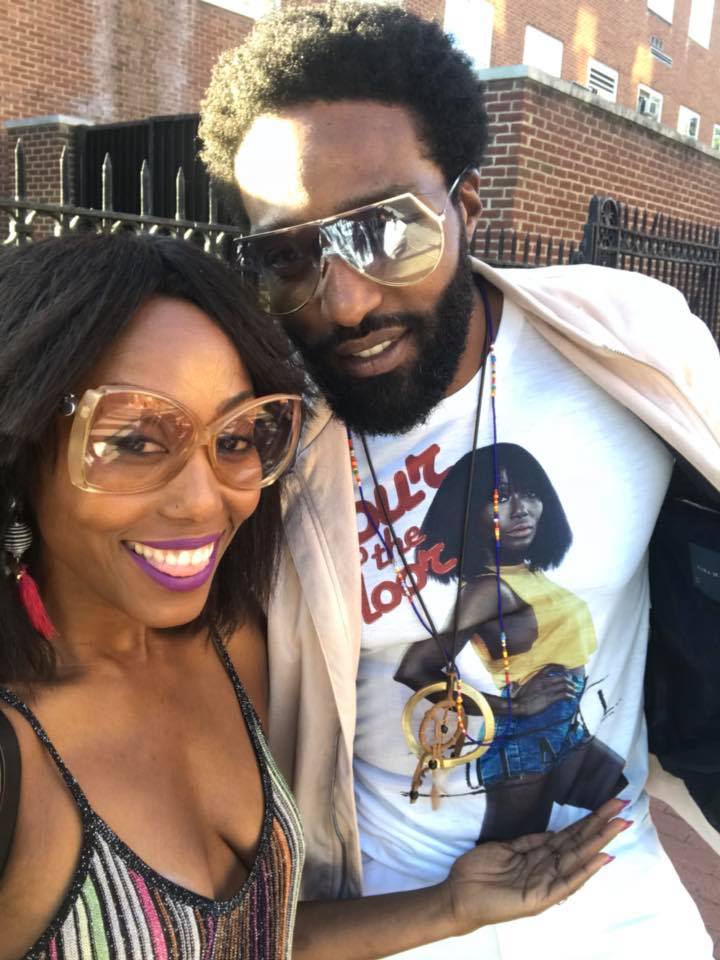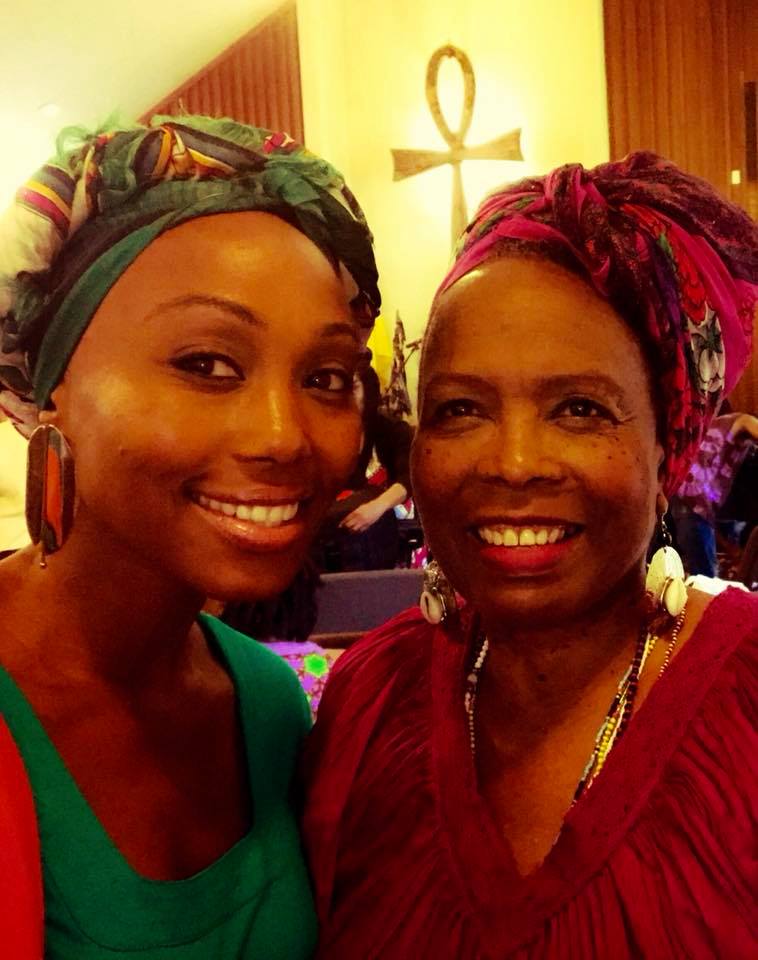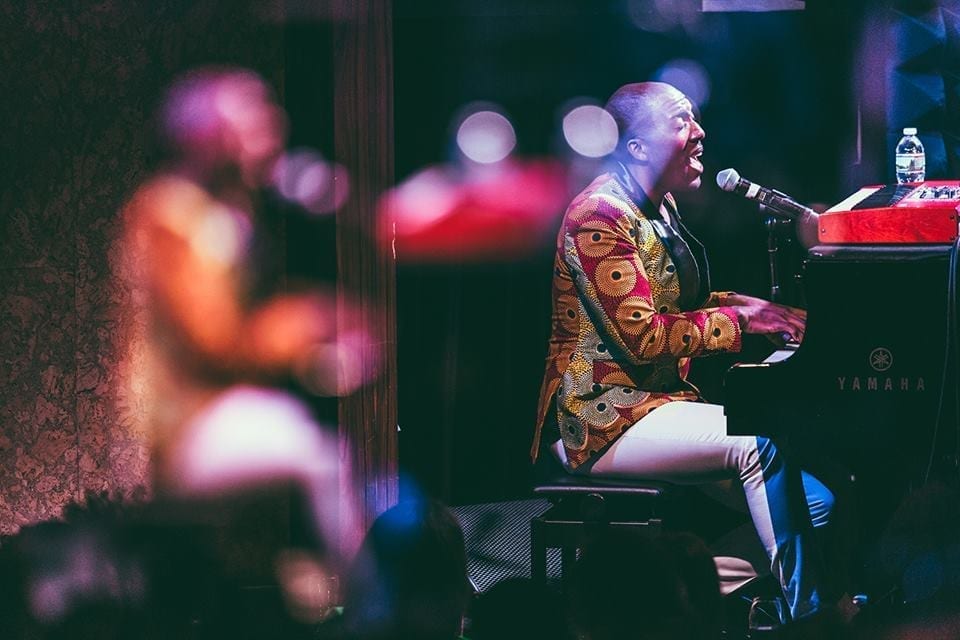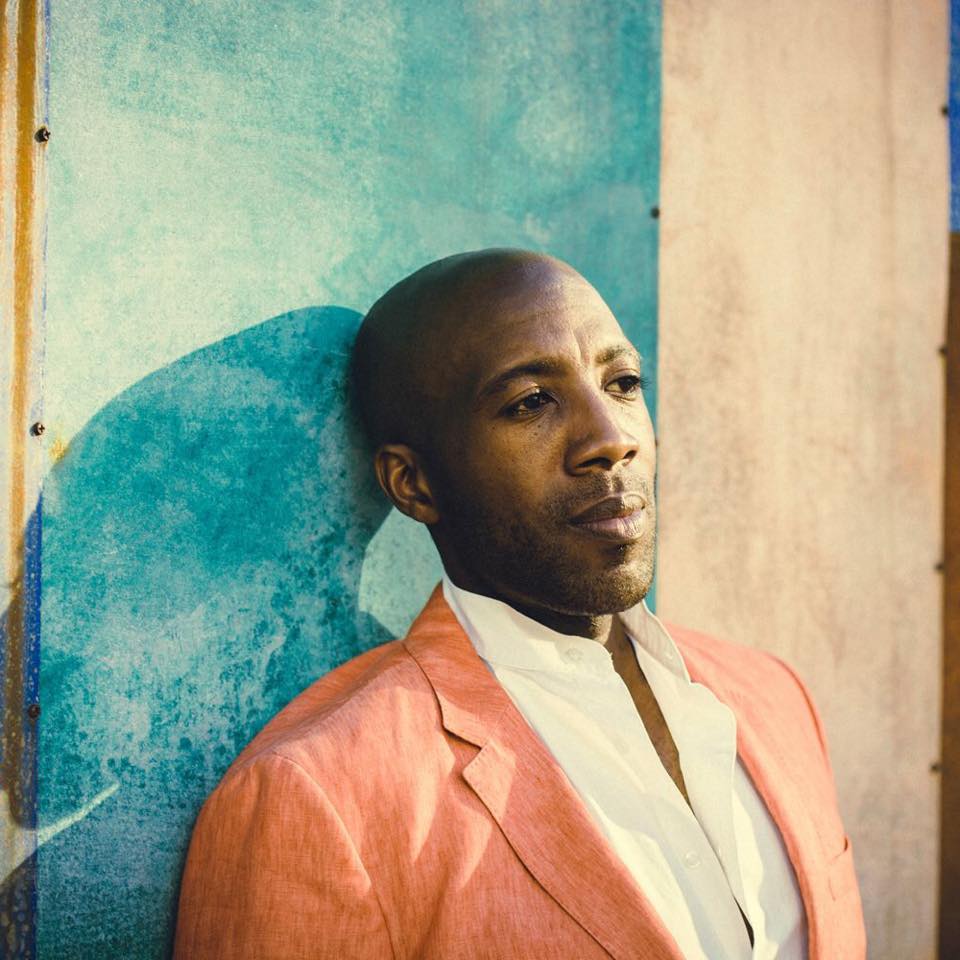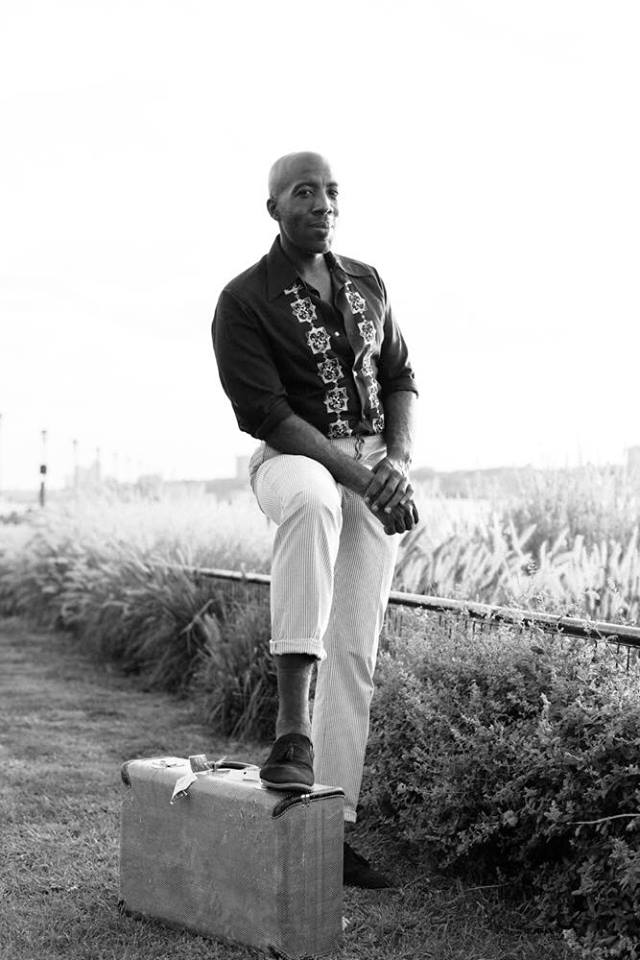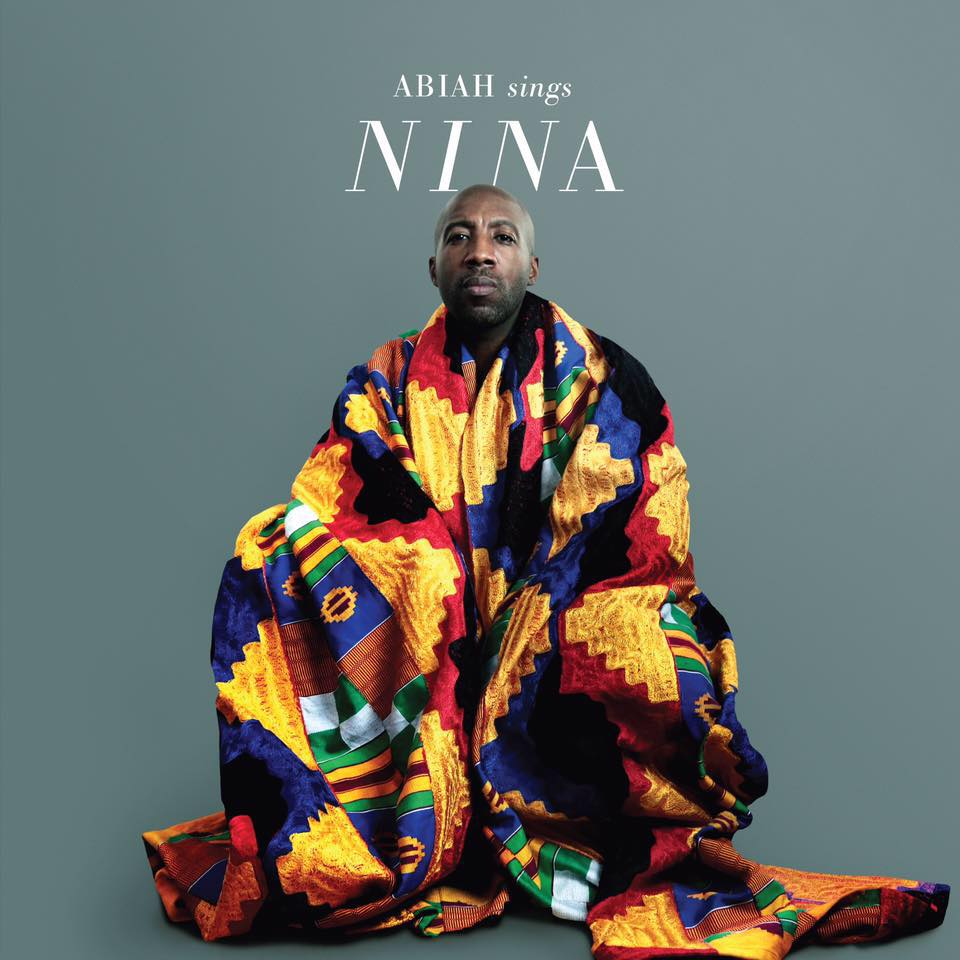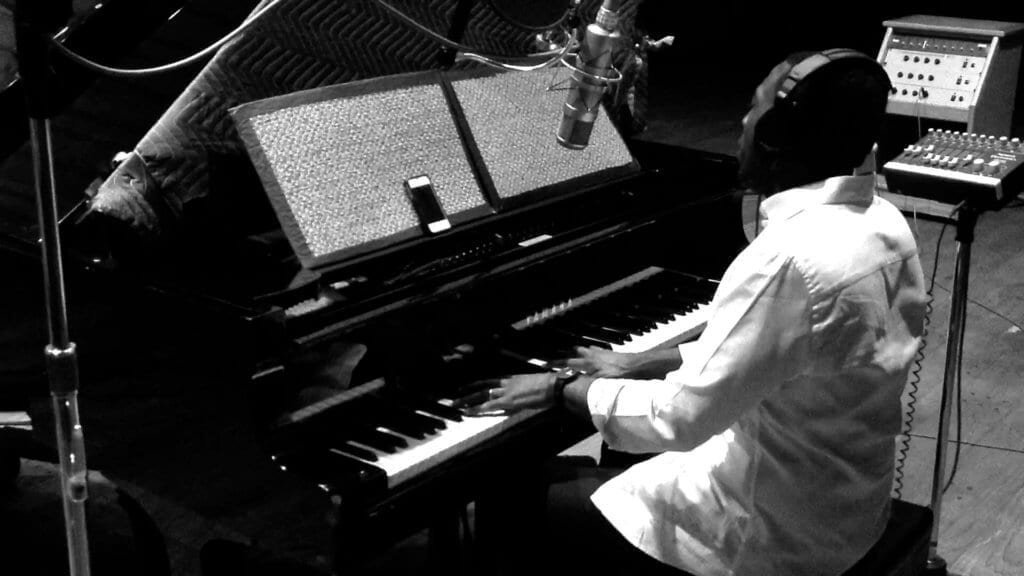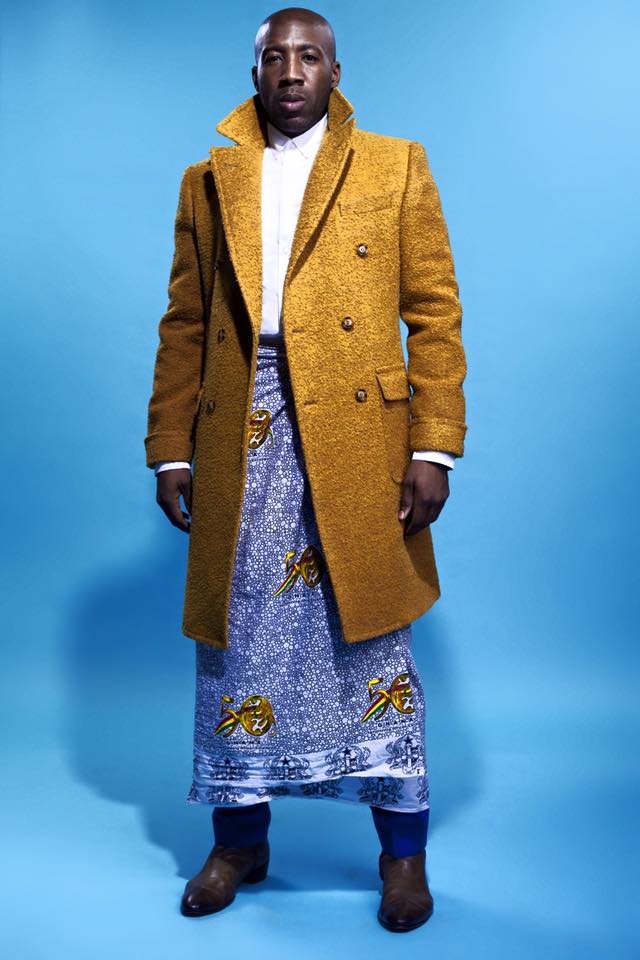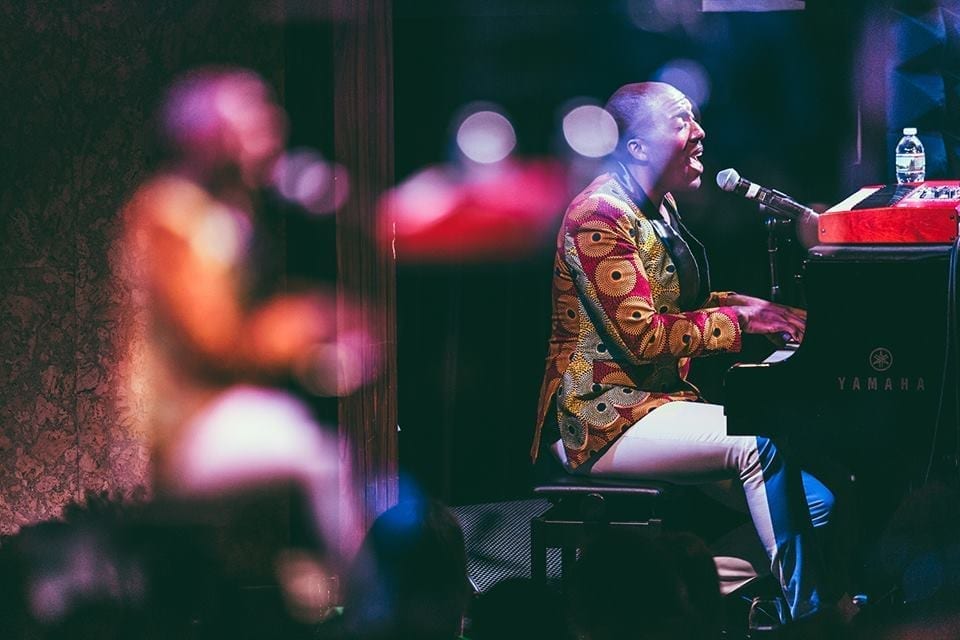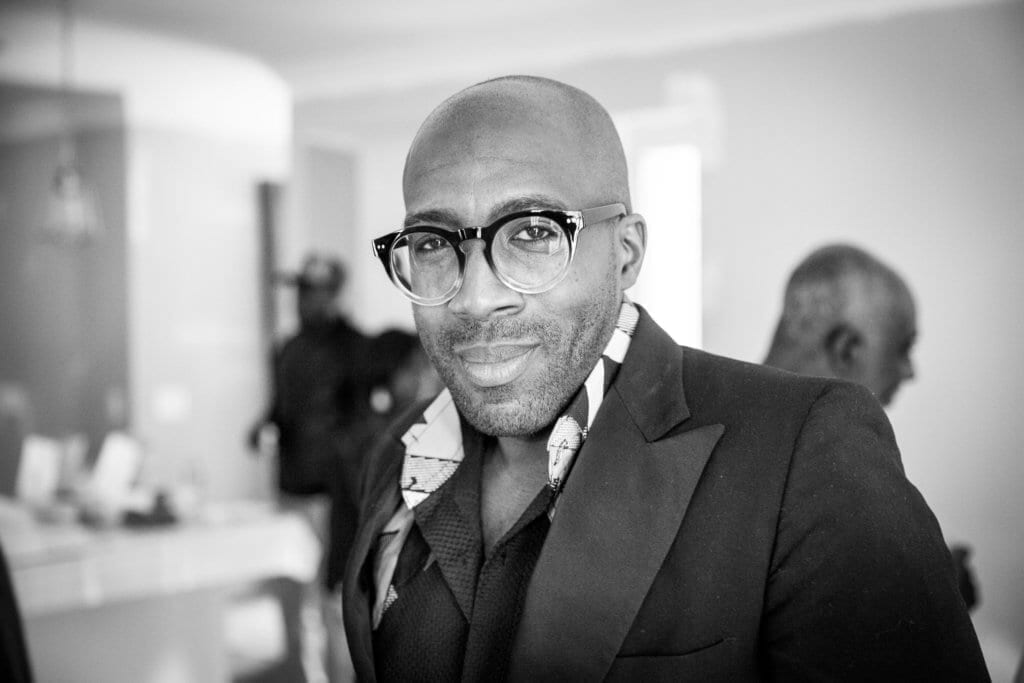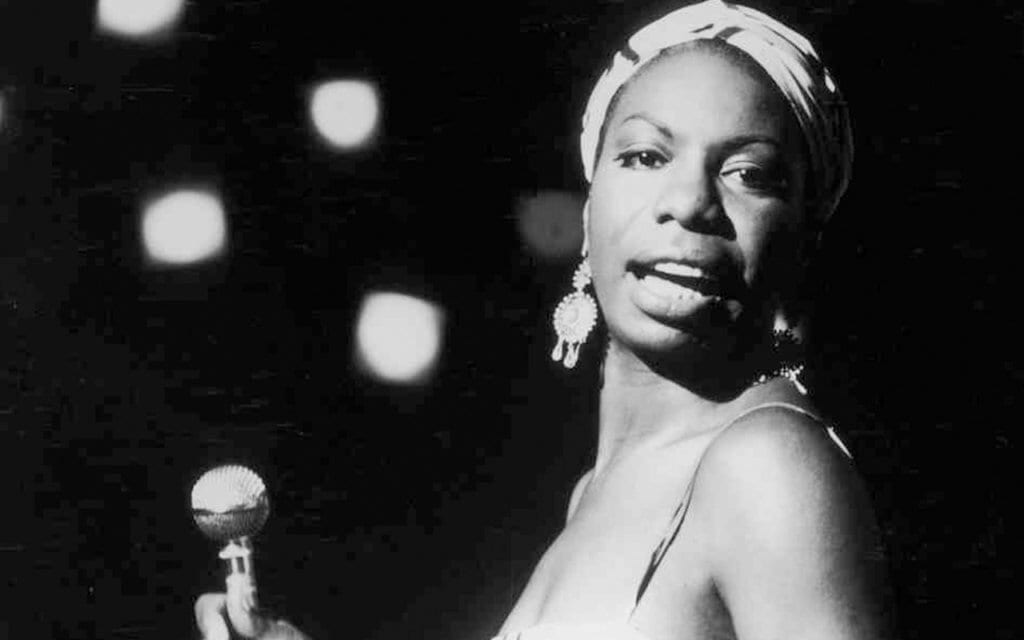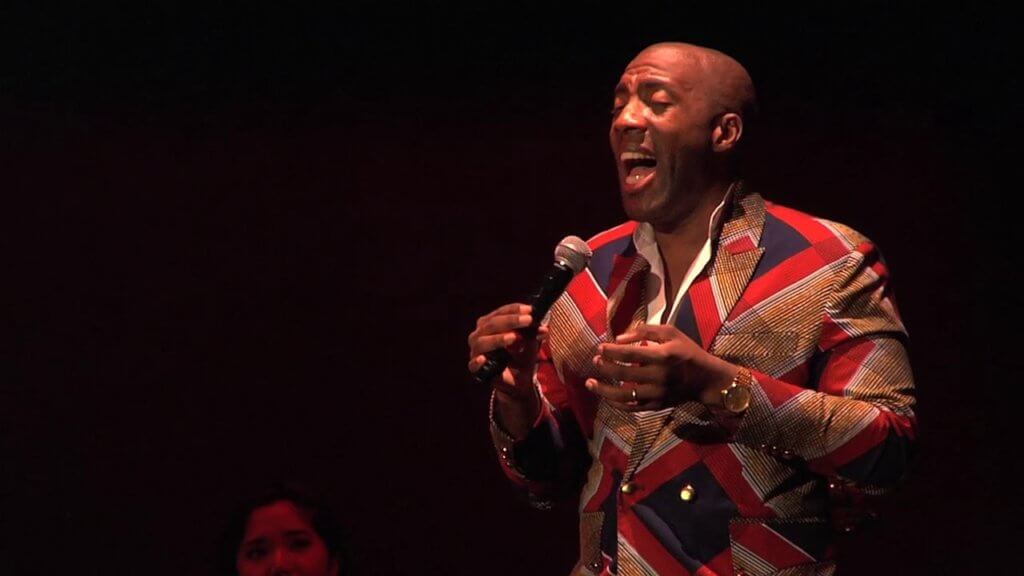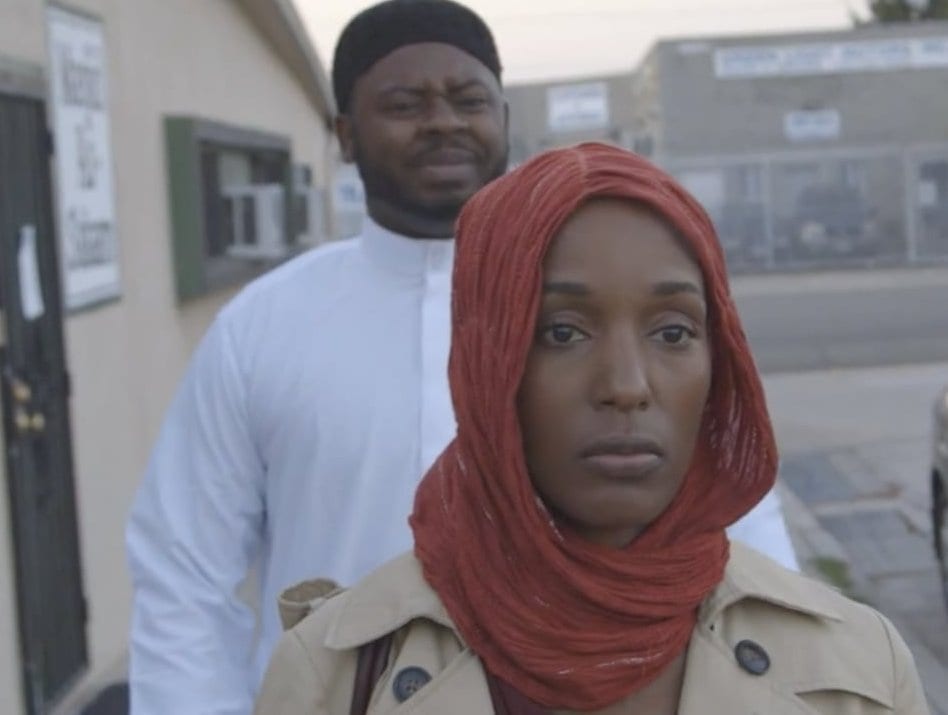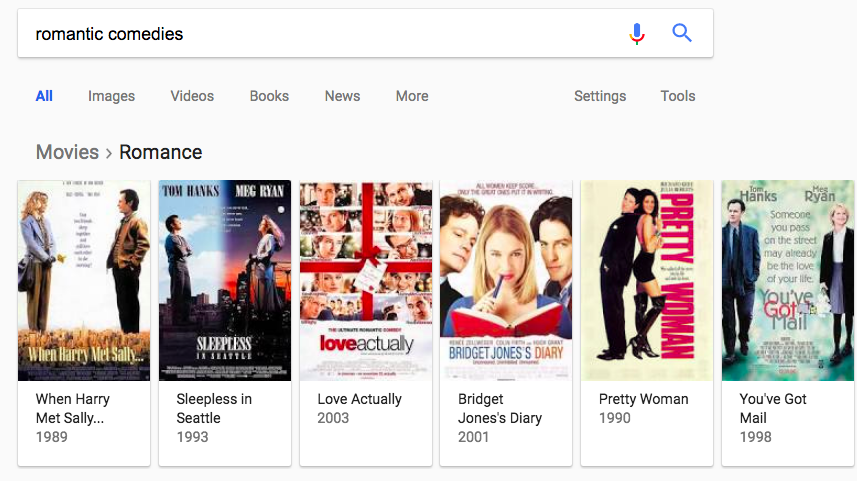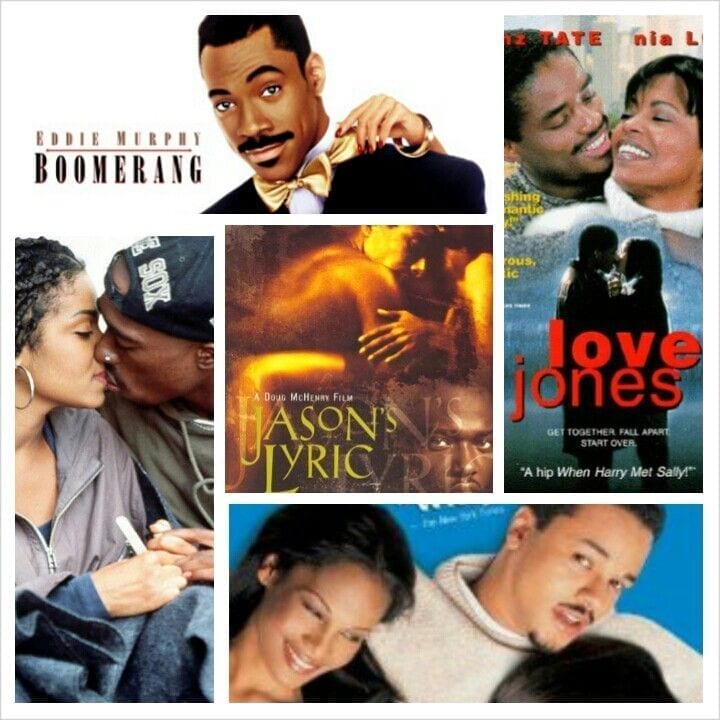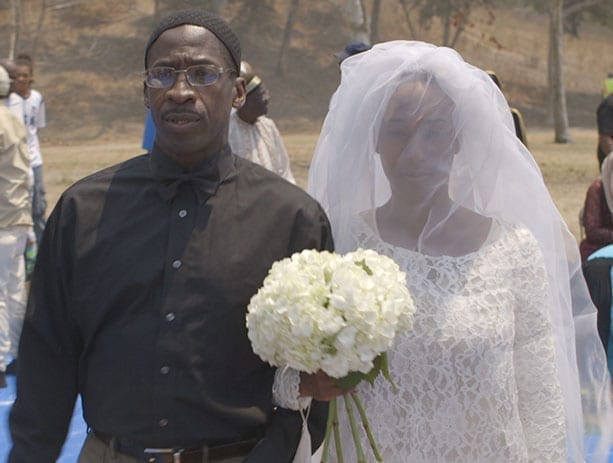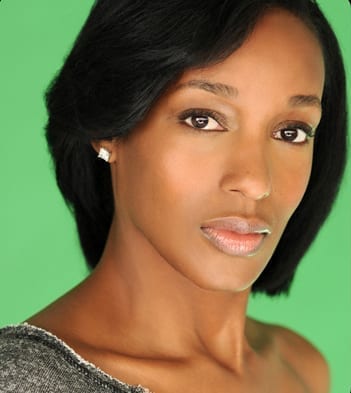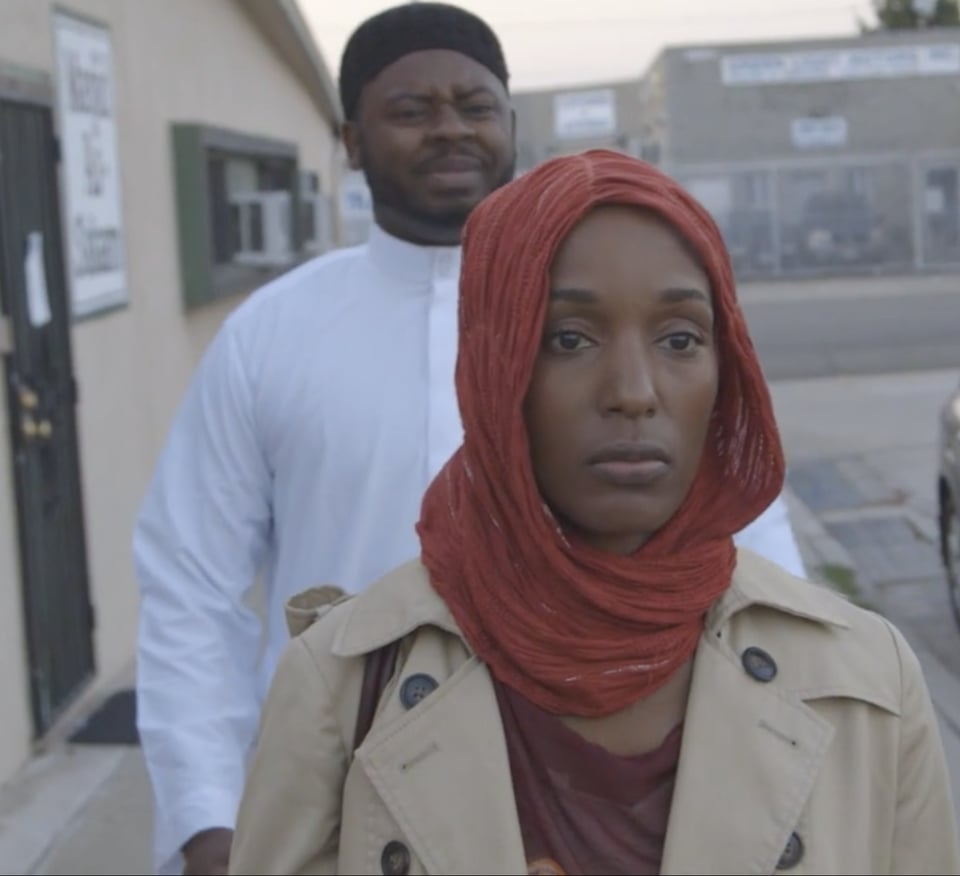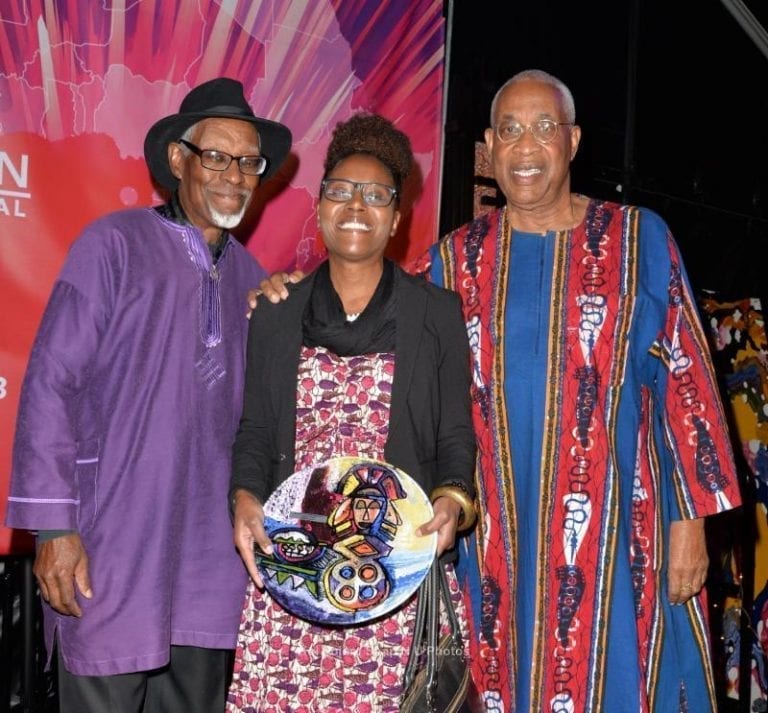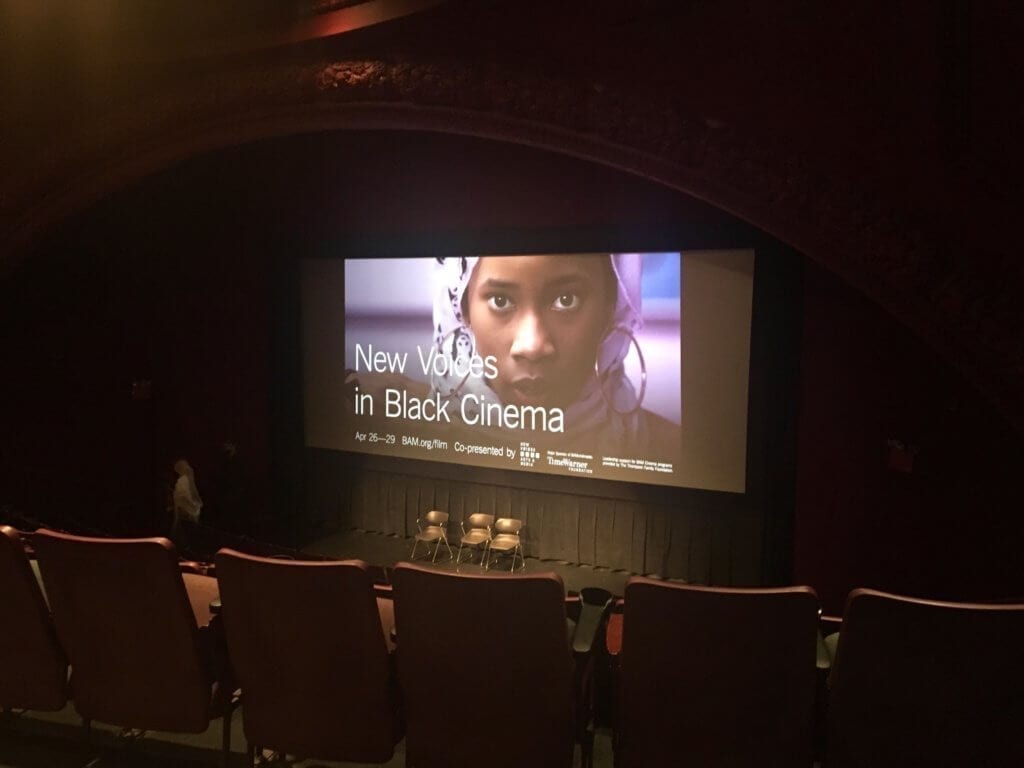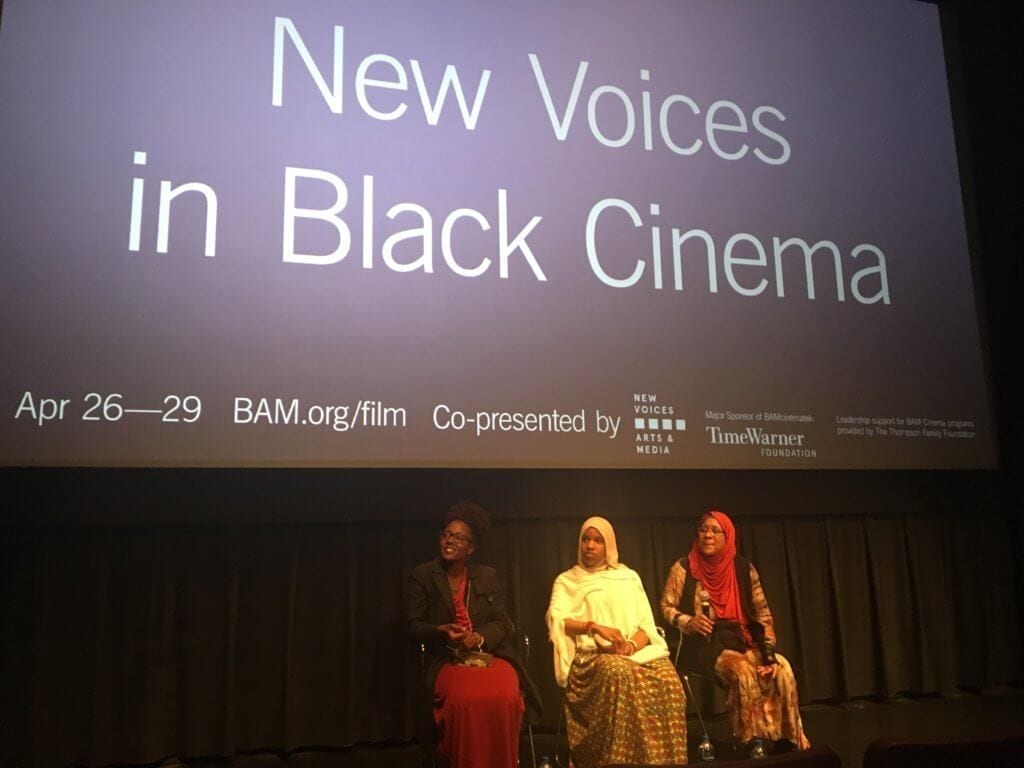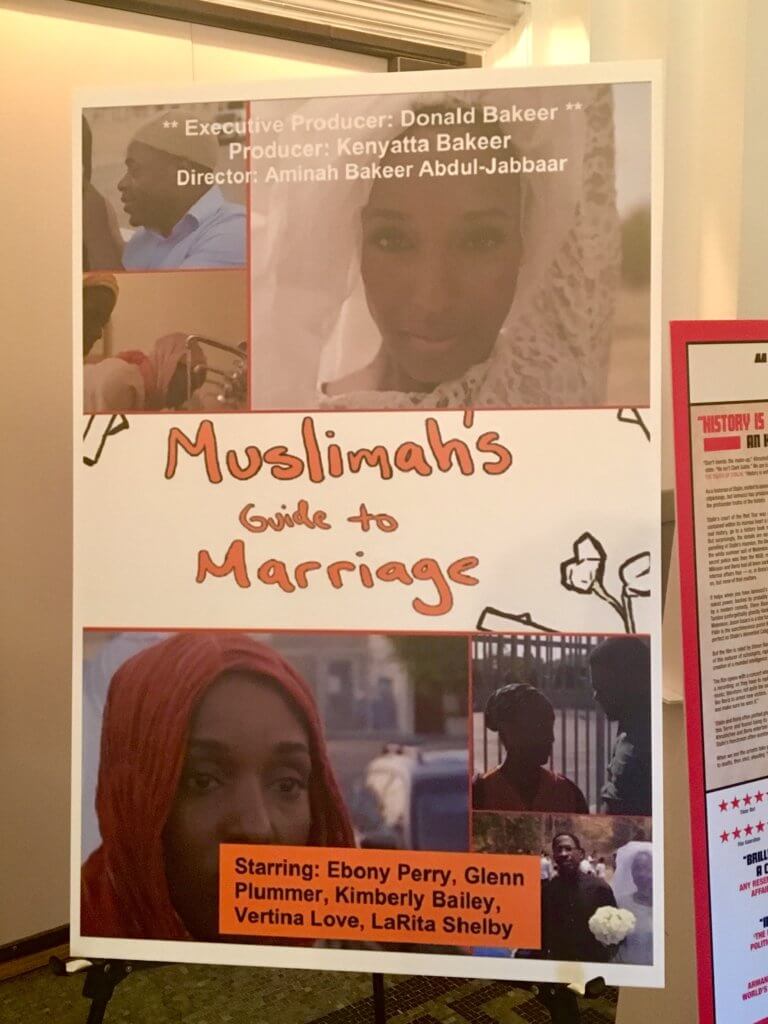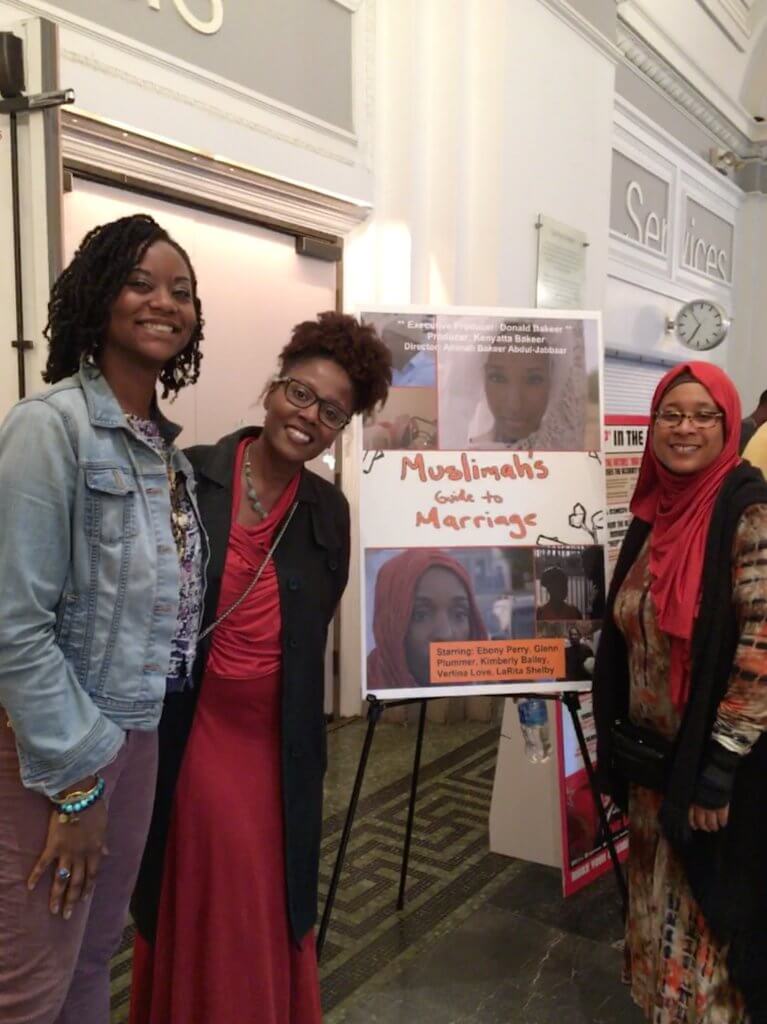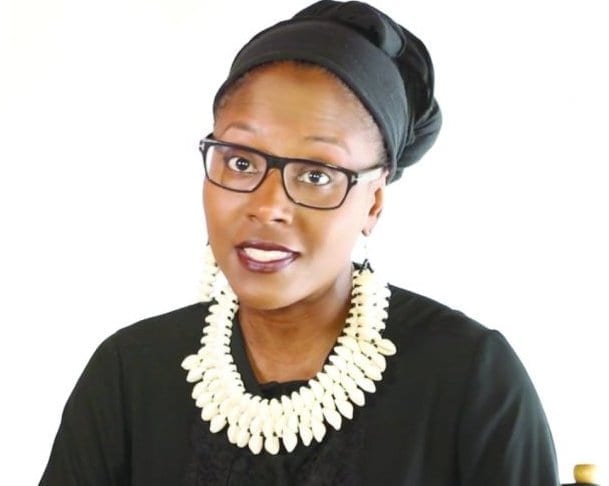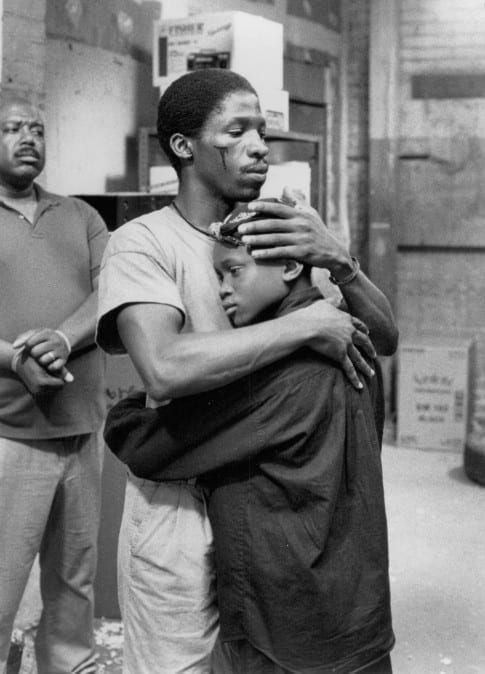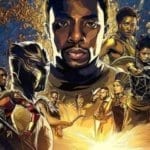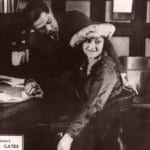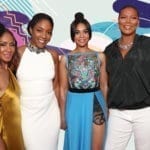New York City, seen as the financial capital of the world, came to a screeching halt in mid-March. The announcement of school closures was followed by a 100% economic shutdown of nonessential businesses. This happened as an official State of Emergency was declared in the U.S., and many borders around the world began closing for the foreseeable future. My thoughts turned toward the many artist friends who depend on travel, both domestic and international, in order to make a sustainable living as professional creatives.
The same day that the White House declared a travel ban on Europe, I watched several musicians post across social media that they were still touring on the other side of the world. Immediate logistics were sorted for those returning stateside to quarantine post-tour, or face being stuck (perhaps preferably) in other countries. Every one of those artists faced last-minute changes that included cancellations of all current and future gigs. Lives were unforeseeably impacted, if not forever changed.
Two months have passed since the ability to earn income as a touring artist has completely fizzled out as an option. In the aftermath, I spoke with critically acclaimed jazz musician and composer George Burton to discuss the implications of what the Coronavirus pandemic has meant for his career.
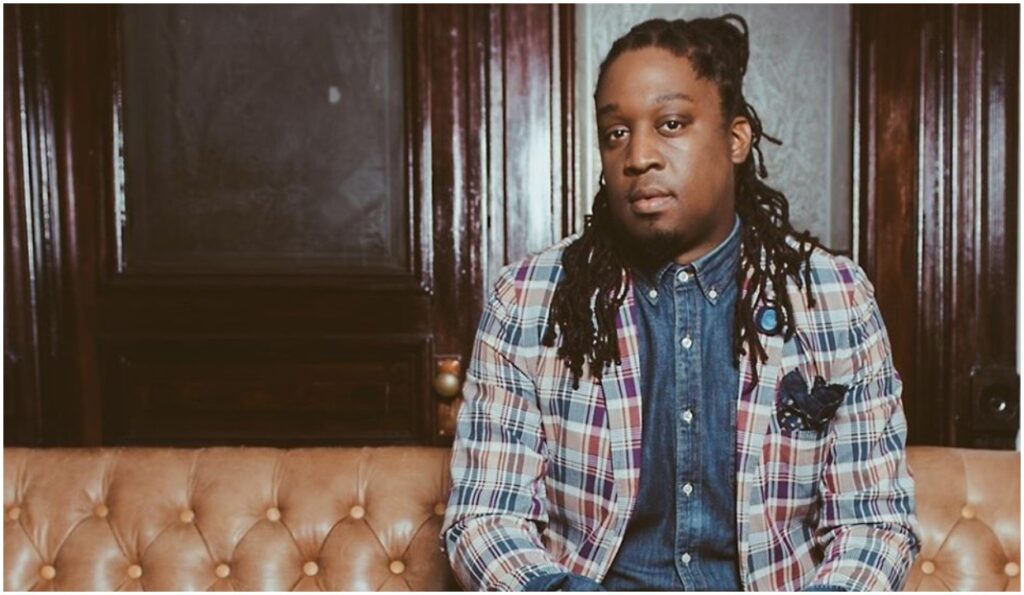
On February 21, 2020, Burton independently released his sophomore studio album “Reciprocity.” According to the press release: “Reciprocity” is a kaleidoscopic work that flows forward and back in time, a meta dialogue between generations of jazz artists. Opening with a fragment of a conversation with legendary Sun Ra Arkestra bandleader Marshall Allen, whose commentary…is interspersed throughout the album, Burton compresses and collapses history in a series of compact configurations to create a narrative that is a meditation on the very nature of jazz.
As we caught up via FaceTime, Burton was in the backyard of his garden level brownstone apartment in Bed-Stuy, grilling jerk chicken for his family. It was a beautiful late spring afternoon, and his daughters were boisterous while building their imaginary fort without a care in the world. This was in stark contrast to the weight of the world on George’s shoulders as he shared his worries and concerns about the inability to work in his chosen field.
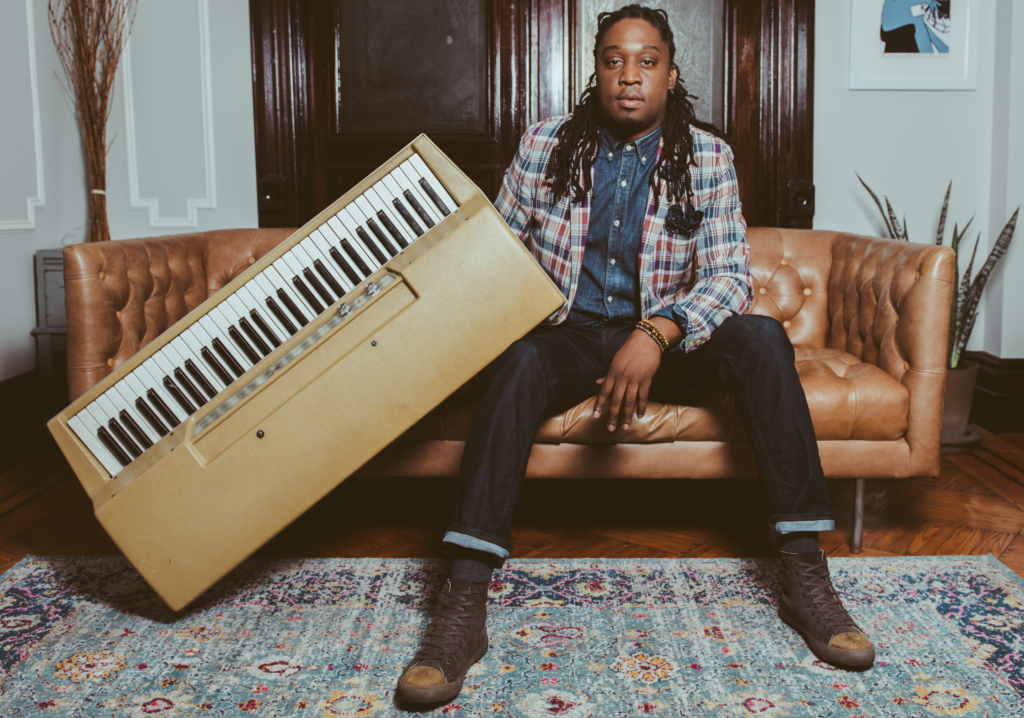
Mai Perkins for Shoppe Black: Since touring has come to a complete halt, how do you earn a living?
George Burton: Right now, I still have teaching. As a musician, you always have teaching, tours, and other things going on that contribute to earning income. I teach online lessons. That’s all I’ve got. I used to book other cats that play, but no one can go out on tour now.
You used to go to Europe, make a chunk, and live off of that money for the next few months. The ability to just bounce whenever you need to work is no longer an option. The borders are closed, so how do we start planning for that. No one knows when they will reopen, or how to plan ahead.
What are your thoughts, overall, on the economic shutdown?
The economic downturn is serious. As time goes on, though… We as working artists sometimes plan 6 to 8 months in advance, so it can become brutal. Economically, I’m okay right now. But 6, 7, 8 months down the line… I can’t see saying the same thing. I am an entrepreneur to a certain extent. Every musician is an entrepreneur. I am my own business person because I run my own career in terms of bookings, hiring support, and everything towards putting out an album then selling it.
Tell me about the new album, “Reciprocity,” that came out in February.
The new album got trampled by Coronavirus. It was like, “I’m in The New York Times!” and then it was like, “Nope, Corona is here…” It’s my second album. It did very well for a lot of publications. It has dialogue by Marshall Allen who is the last member of the original Sun Ra Arkestra. He’s been running the band for the last 25 years. It’s an album about reciprocity, exchanging ideas. A lot of people say, “Do you want it to be about the music or about You (the artist)?” I’ve never looked at music as an individual thing.
I’m used to playing behind people. But this album is about people working together. There are always two voices talking to one another. “Reciprocity” has done well in the press. NYT picked up the video, which was done by stop motion artist Sigmund Washington. He’s a brilliant Black artist out of Bed-Stuy who uses paper, watercolor, and markers to create each image. 12 to 24 frames per second.
It takes months to do. NPR Music liked it. JazzIz did a spotlight. But as far as the larger music publications, Jazz Times or Downbeat did not cover it. I think it’s a little different conceptually than any album that’s out today. So, you would think it would’ve done better in the jazz publications.
Tell me about your life touring. How often would you go out?
Most of my tours are in Europe. I’ve been to London, Paris and France more times than I can remember. Western Europe, Central Europe, Serbia, and Croatia. Also, in South Africa, Johannesburg and Cape Town, and Morocco. Asia. All up and down the East and West coast, Chicago and Detroit. I’ve been everywhere except South America and Central America. Every year, I’m on the road. Every month between March and November are busy seasons for touring musicians. Basically, right now, I would be gone with Sun Ra or Odean Pope, whoever calls.
So what does it feel like to be grounded?
It feels terrible. Absolutely terrible. Like, “What do you mean I can’t go anywhere??? What do you mean there’s no touring?” Everything is set 8 to 10 months in advance. It’s a lot because so much depends on conditions that are undetermined until we have this situation under control. Fall 2021 is the earliest we’re hearing that touring could resume, once there’s a vaccine or treatment. And that’s not even for everyone.
Prior to this have you considered leaving NYC? Talk to me about this idea of envisioning life outside of New York, permanently.
I’ve been living in Brooklyn for 17 years, and own my piano studio. I’ve worked and put in the time and dedication to become critically acclaimed. I’m just trying to be a real musician in New York. I have absolutely no idea where to go. Corona is everywhere. Plus, I’ve been here so long that I just have no idea. There are different spaces I can consider moving to.
But the reason why I actually moved here is because the jazz scene in the city where I’m from had become small. Growing up in Philly when Black Lily at the Five Spot was going on, there was a jazz scene and a lot more clubs. When I left after 9/11, a lot of the scene in Philly had died.
So I came here to get more out of my career as a jazz artist. But, I get that same feeling about New York right now. I think opportunity has dried up here, to a certain degree. You kind of needed to be in New York in order to be seen and heard back then, but this was pre-YouTube.
So you had thoughts of leaving NYC before all of this?
When the pandemic first started and it seemed like a week or month thing, I tried to think past it like, “What will happen, and how does that affect what I do?” Before the pandemic hit, I had been thinking about relocating for a long time because NYC is no longer affordable for a person who does what I do for a living. The pandemic exposes a lot of things that I was already considering but did not think it would come this fast.
New York hasn’t been the same affordable, creative town for a long time, and that has contributed to my thinking about leaving. The lack of clubs and venues to play. The music business has changed, but not for the better. I don’t really need to be in NY to do what I do, honestly, even though I’ve made a name for myself. So, it’s not just the pandemic that makes my feeling about the decision what it is.
Does this make you feel like you need to go back to the drawing board?
Yes, I do. It’s weird to say, but this doesn’t happen. To hear that an entire industry on all levels has been turned off makes you think that when this does get turned back on, you’re going to lose whoever went by the wayside. Even in teaching… I have to go back to the drawing board about how I approach seeing students in person.
What are the necessary steps to take when it does happen? Nobody knows anything because six months, or a year and a half from now, everything will have changed. I need to start from scratch but I don’t know how to get to scratch because the whole playing field has been altered for everyone.
What else do you find relevant to this issue for Black artists and musicians?
It’s crazy because you’re literally on pause. There are other industries where jobs will either be there, or not be there. What type of situation will I go back to playing in? There are a lot of layers involved for independent Black artists. We’re always fighting to get anything in the first place! So now that you don’t even know what you’re fighting for…? The short term is causing anxiety from generally not knowing anything.
A year from now, under normal circumstances, I’ll have a potential gig. But now, a year from now in this climate, we don’t know what a year from now will even present. It’s so many layers. You can’t sell a music program at a university if you can’t sell students on the idea that they will have a career moving forward. How do you sell a college program about music when there’s no music? What are you paying for?
How do you convince them that they can make a career in music after spending $100,000 on tuition? You risk losing faculty because you can’t afford to pay them once the program is downsized. New York is about to become a whole other thing, and figuring out that thing is what I need to determine.
That’s an interesting theory you have about university students in music programs, but it makes sense. Any final thoughts?
Also, the schools determine who lives in the city and goes to the jazz clubs, like Smalls and Fat Cat. If NYU students potentially aren’t there in the fall, with the lifestyle habits that support many musicians (i.e. regularly coming to jazz sets), if they’re not here, then what?
Plus, jazz clubs need to be full to operate. You have to pack the joint to pay rent. So, the idea of social distancing in the clubs with 25-50% capacity to remain safe means that you may not be able to see some of the iconic venues reopen and survive. All of this literally can kill off the small number of black full-time artists that are here living in Brooklyn or in the city if things don’t pan out favorably.
But it’s tricky. I mean, how many Black artists do you know in jazz that live in New York City? The numbers are interesting. What comes after the coronavirus is over? Does gentrification continue full steam ahead with more money and less access? Does it finish us off? We hope not. I’m praying not.
– Contributed by Mai Perkins
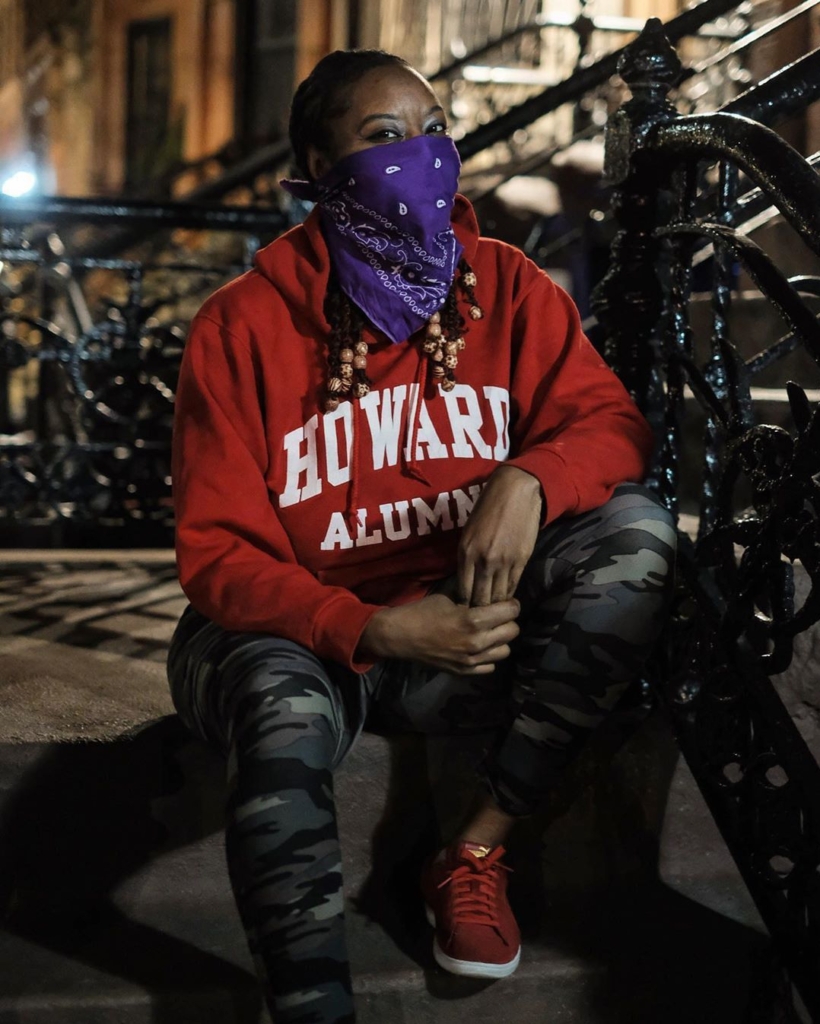
Mai Perkins is a Cali girl in a Bed-Stuy world who has created several online platforms including African Highaspora, Uberlicious NYC, and MaiOnTheMove.com. She’s also a contributing writer for Black-Owned Brooklyn, as well as the music publication Pop-Mag.com, Relevant and Bust Magazine.
With an MFA in Creative Writing from Sarah Lawrence College, and an MA in International Affairs from The New School, she reps her beloved alma mater, Howard University, every chance she gets. As a poet and a non-fiction writer, she has just published her first manuscript, The Walking Nerve-Ending, available now on Amazon & Kindle.
Also by Mai Perkins: Black Women Directs First Ever Romantic Comedy About Black Muslim Life


